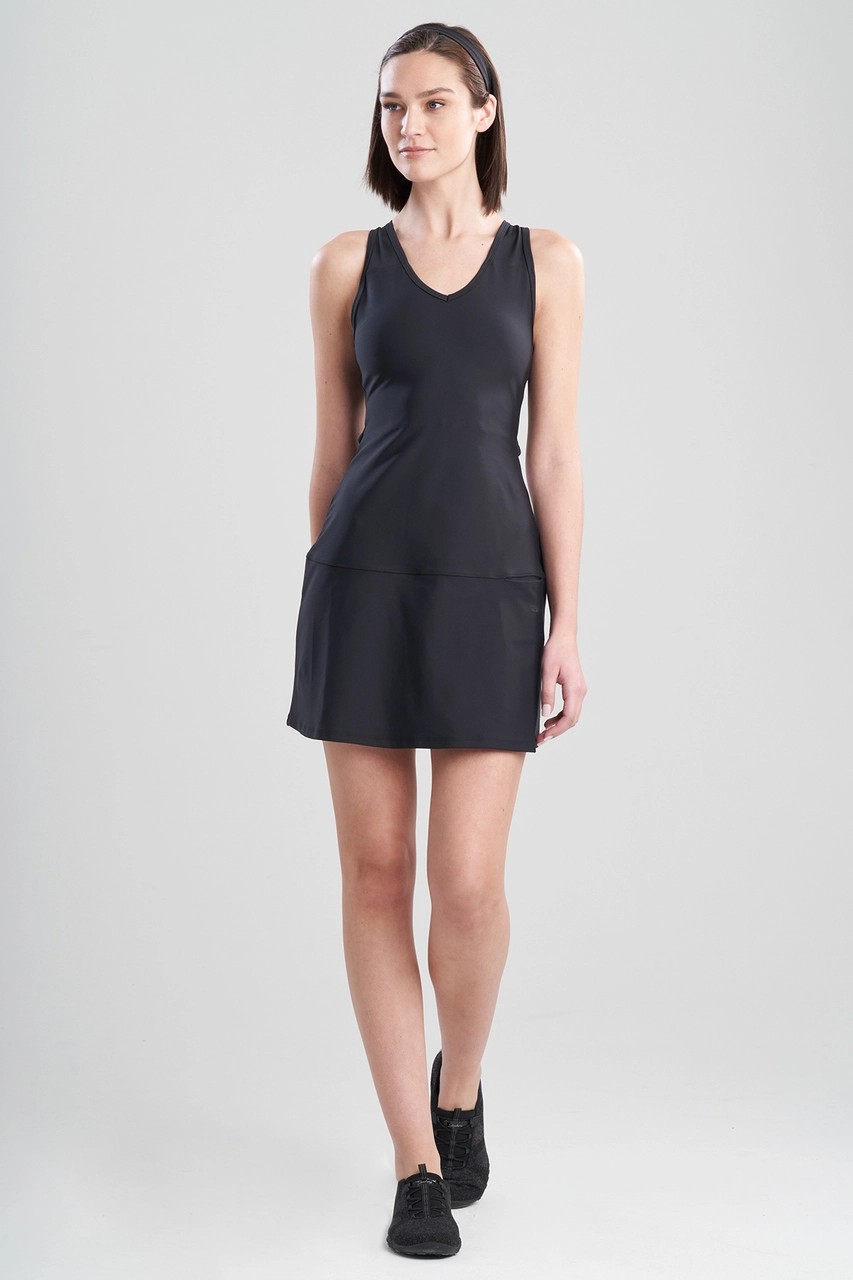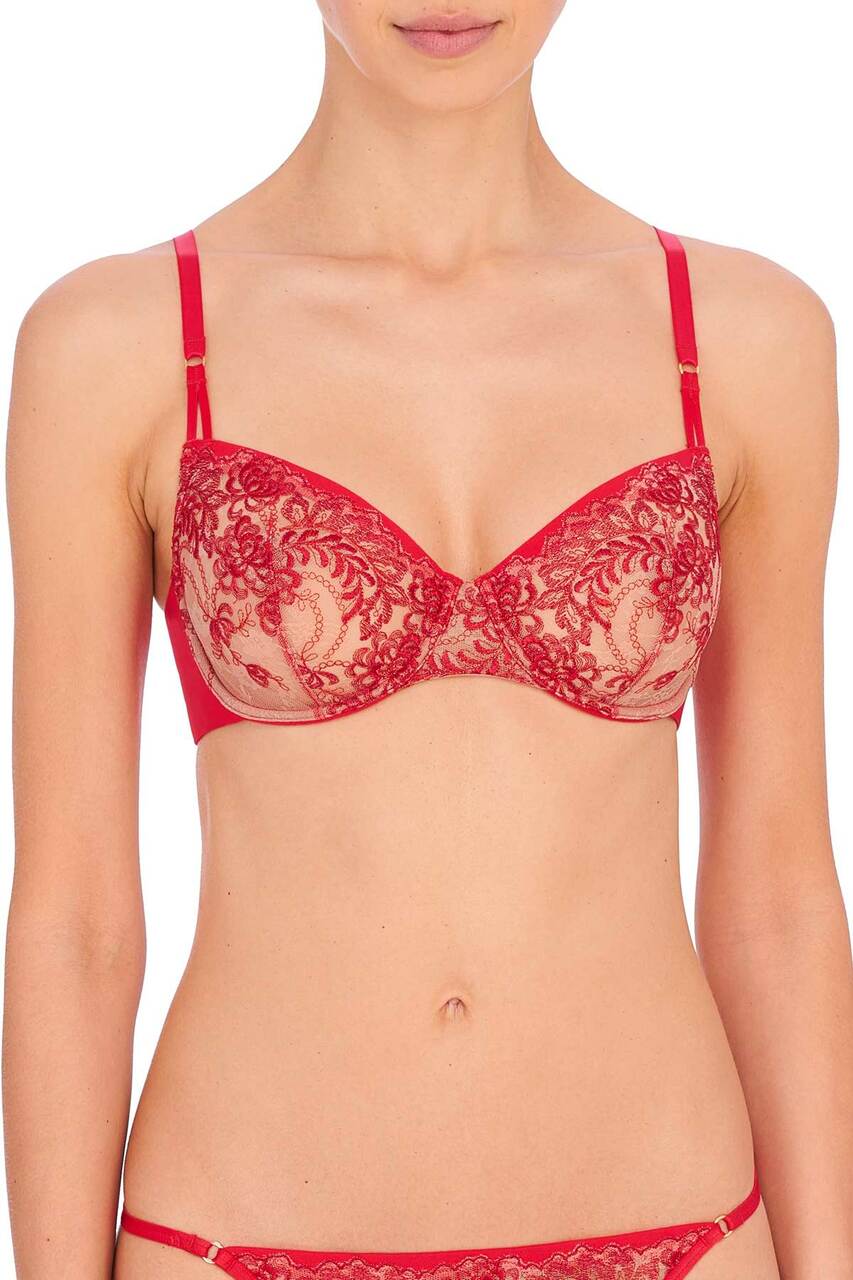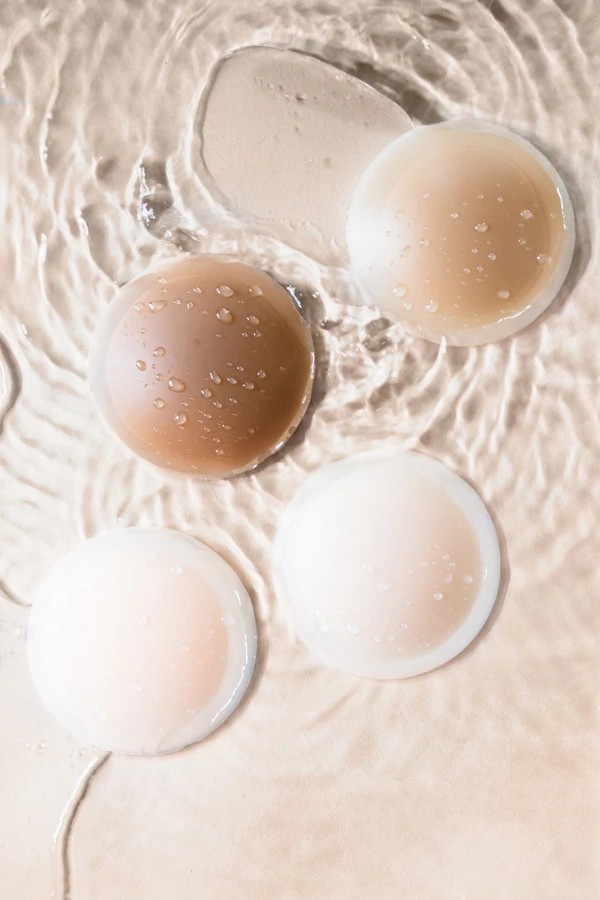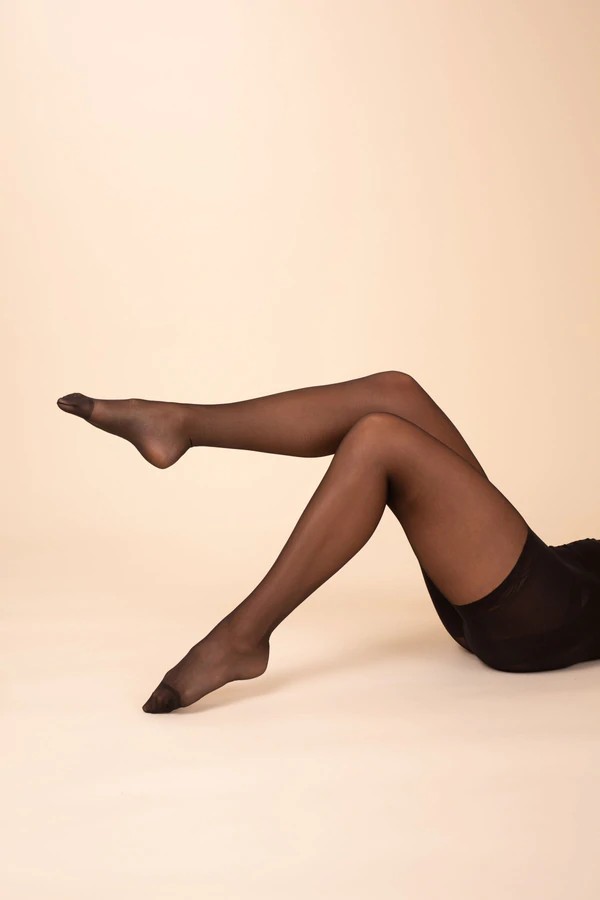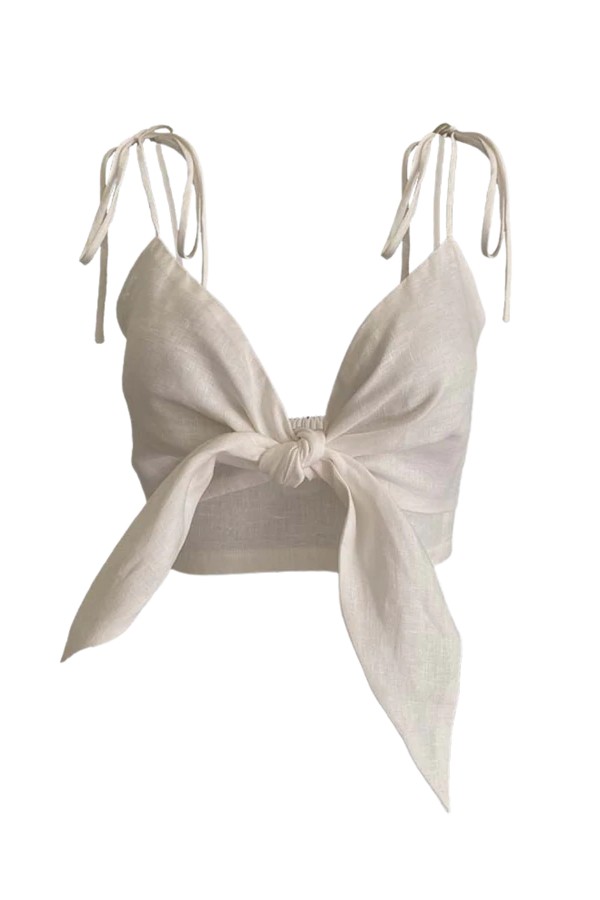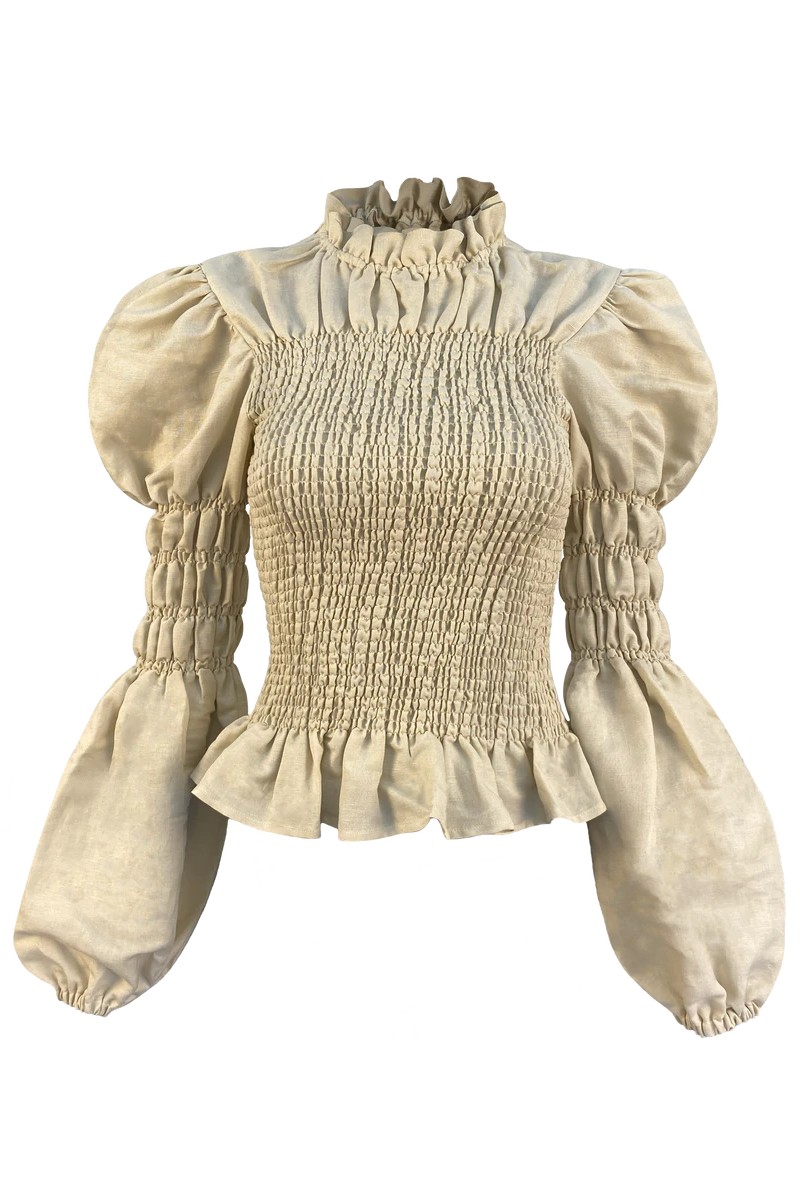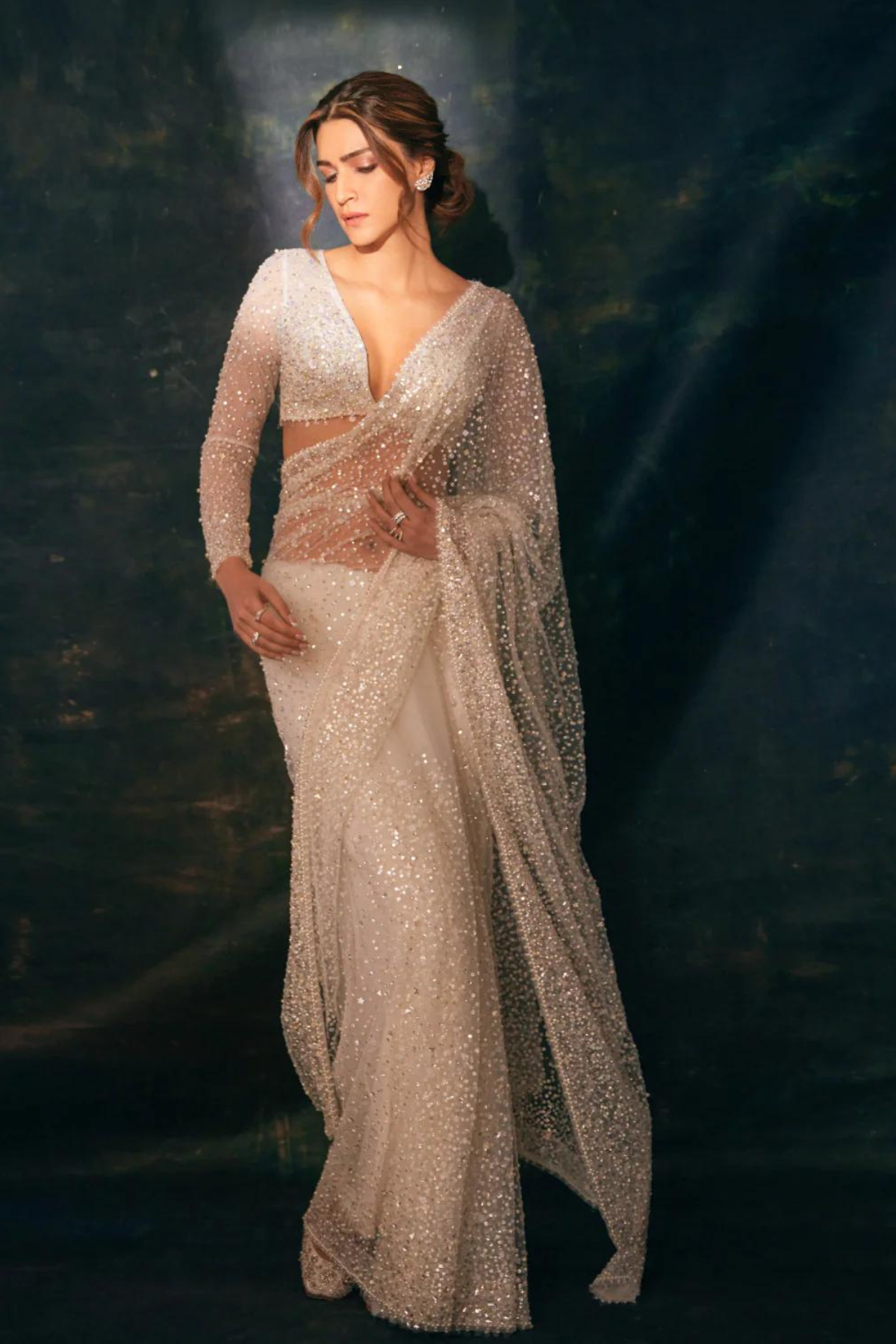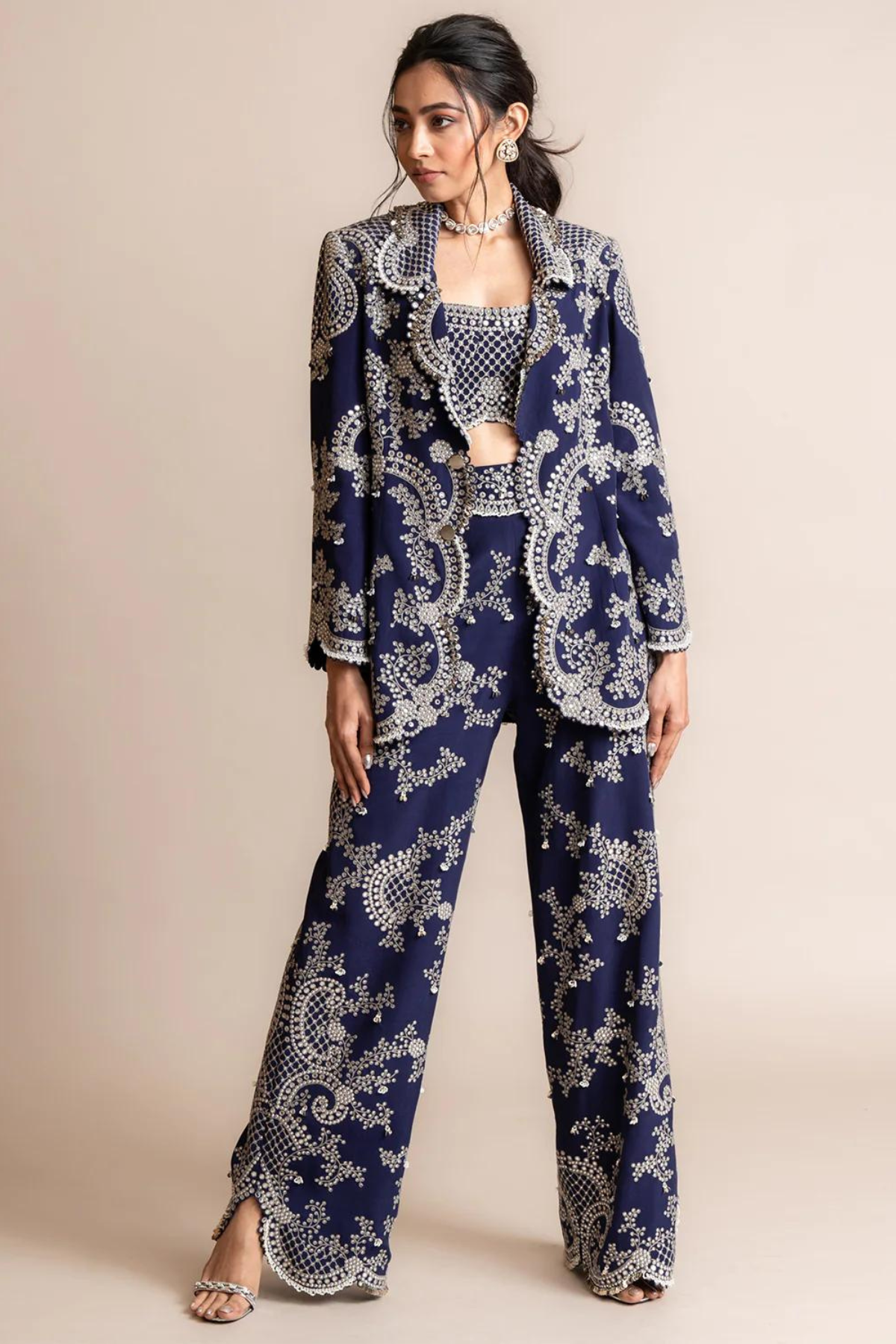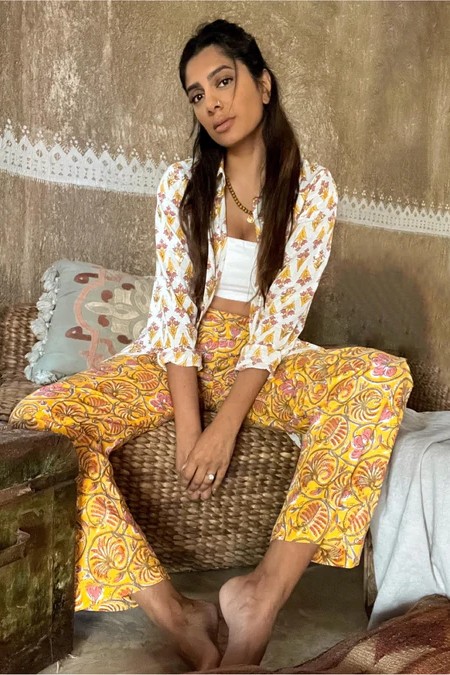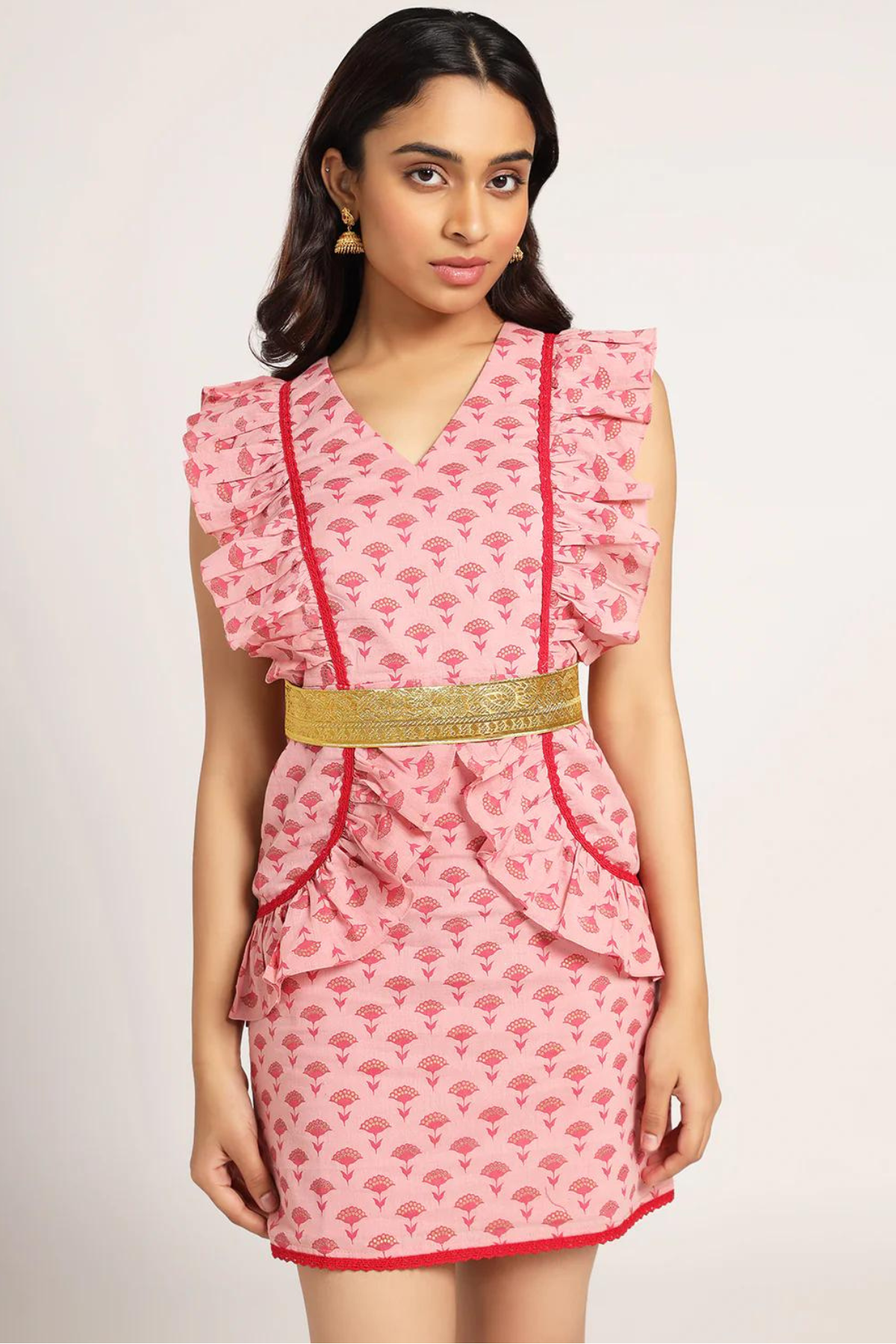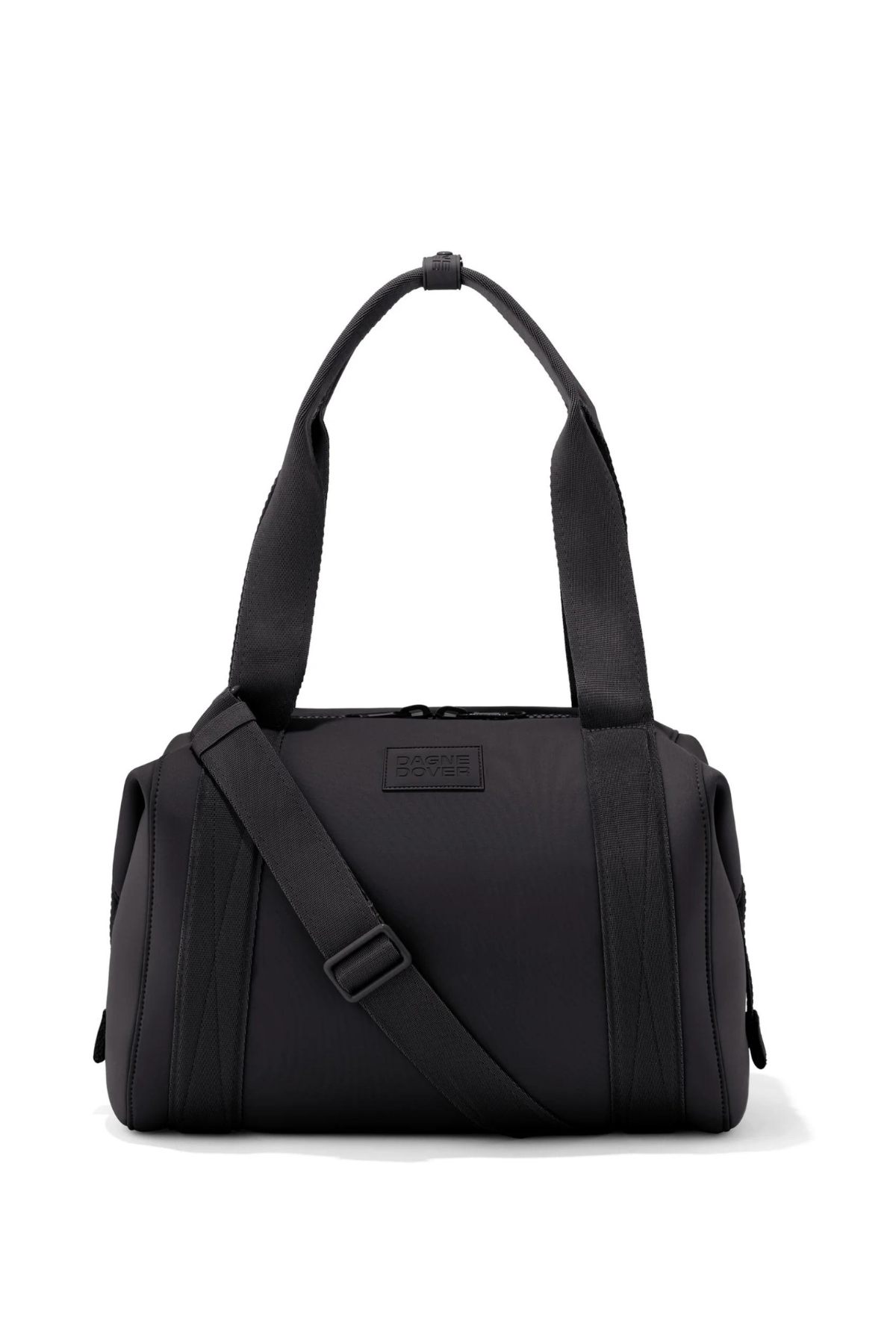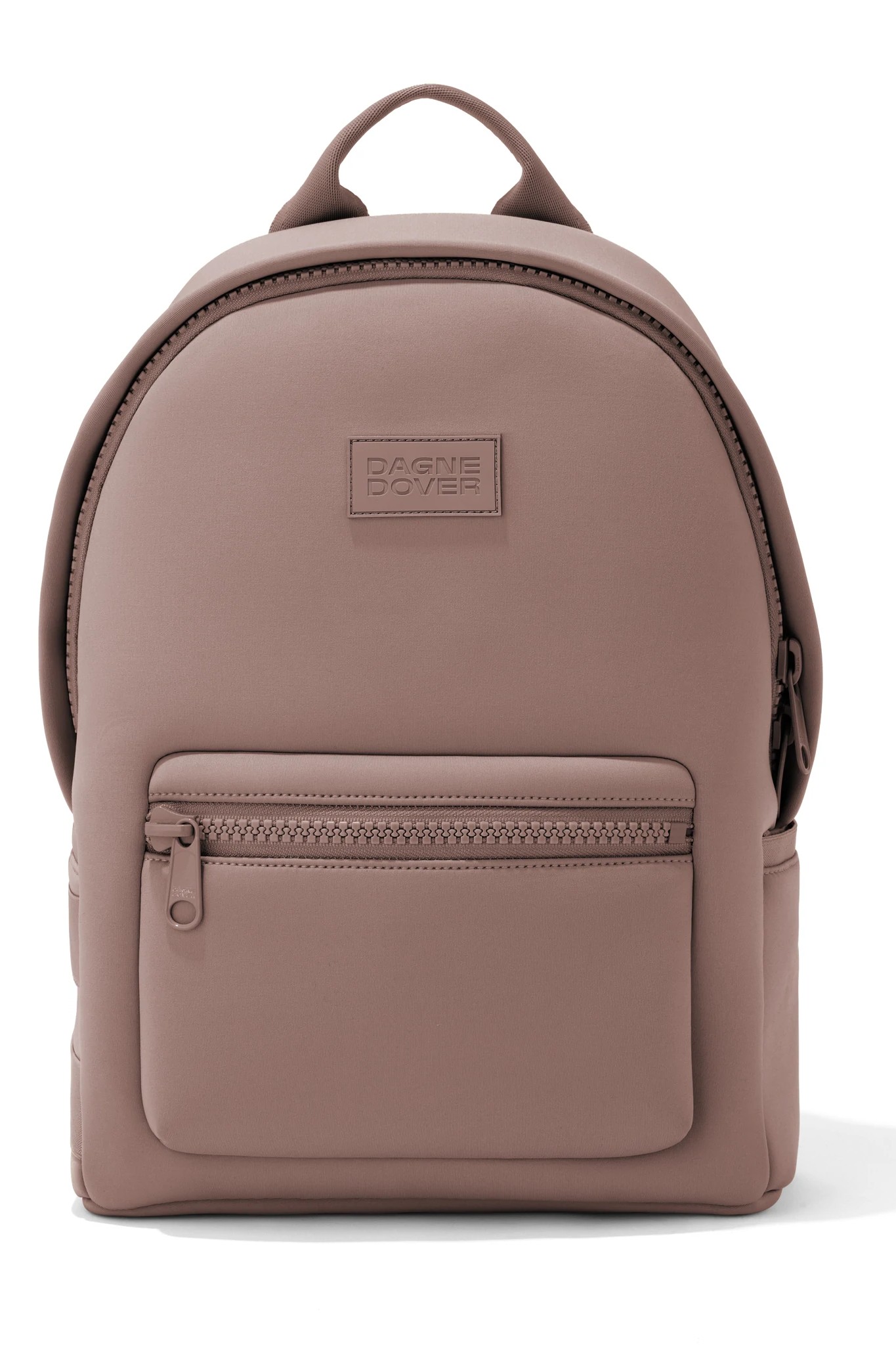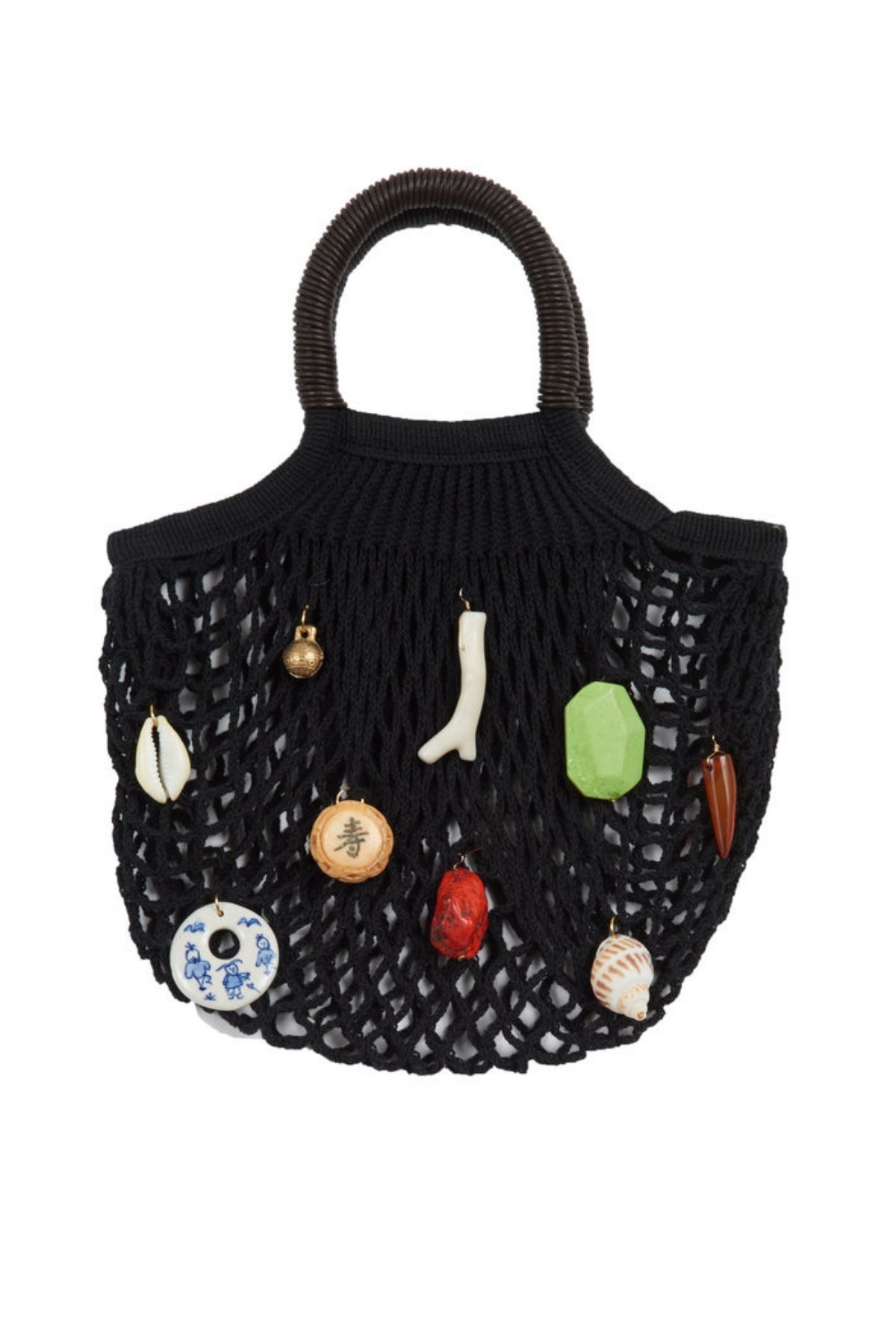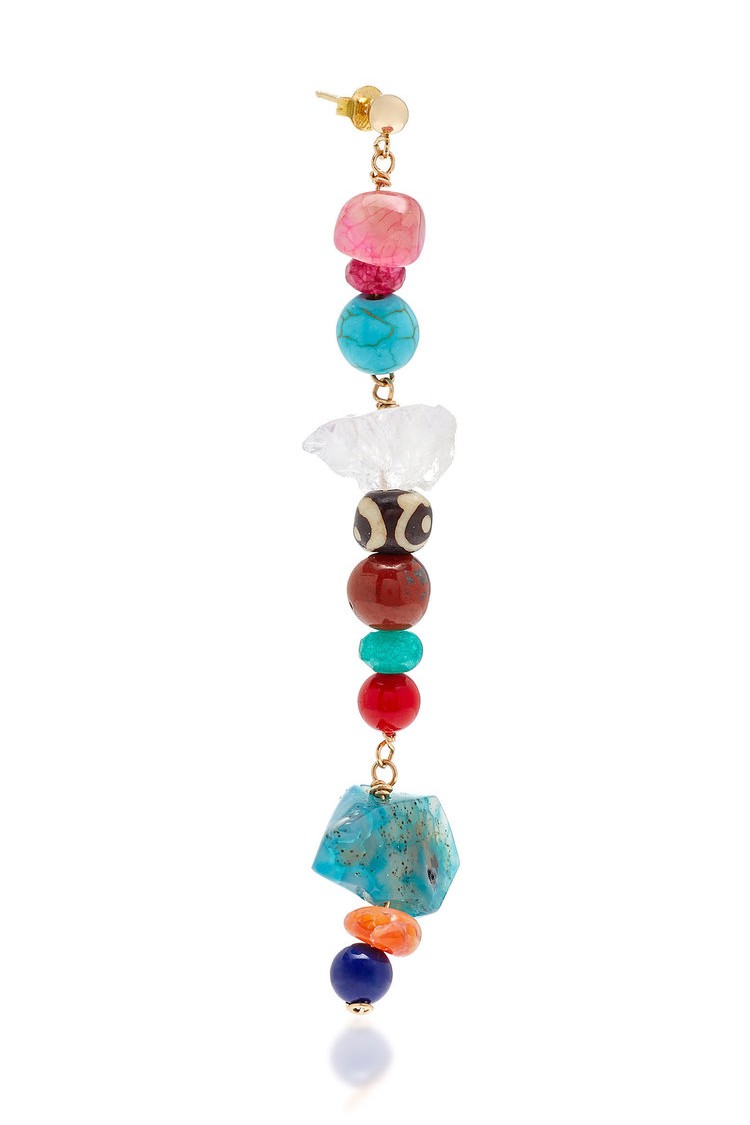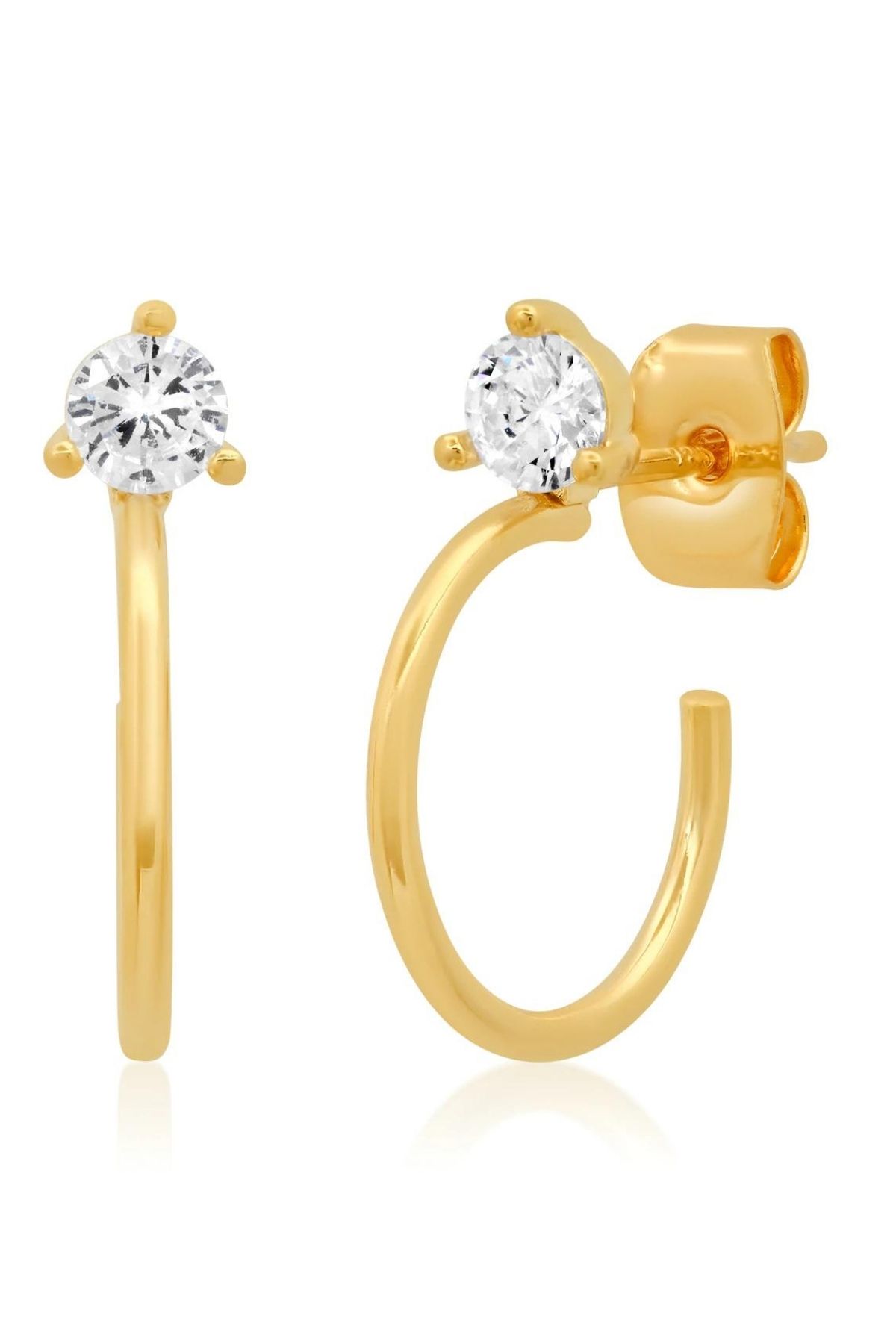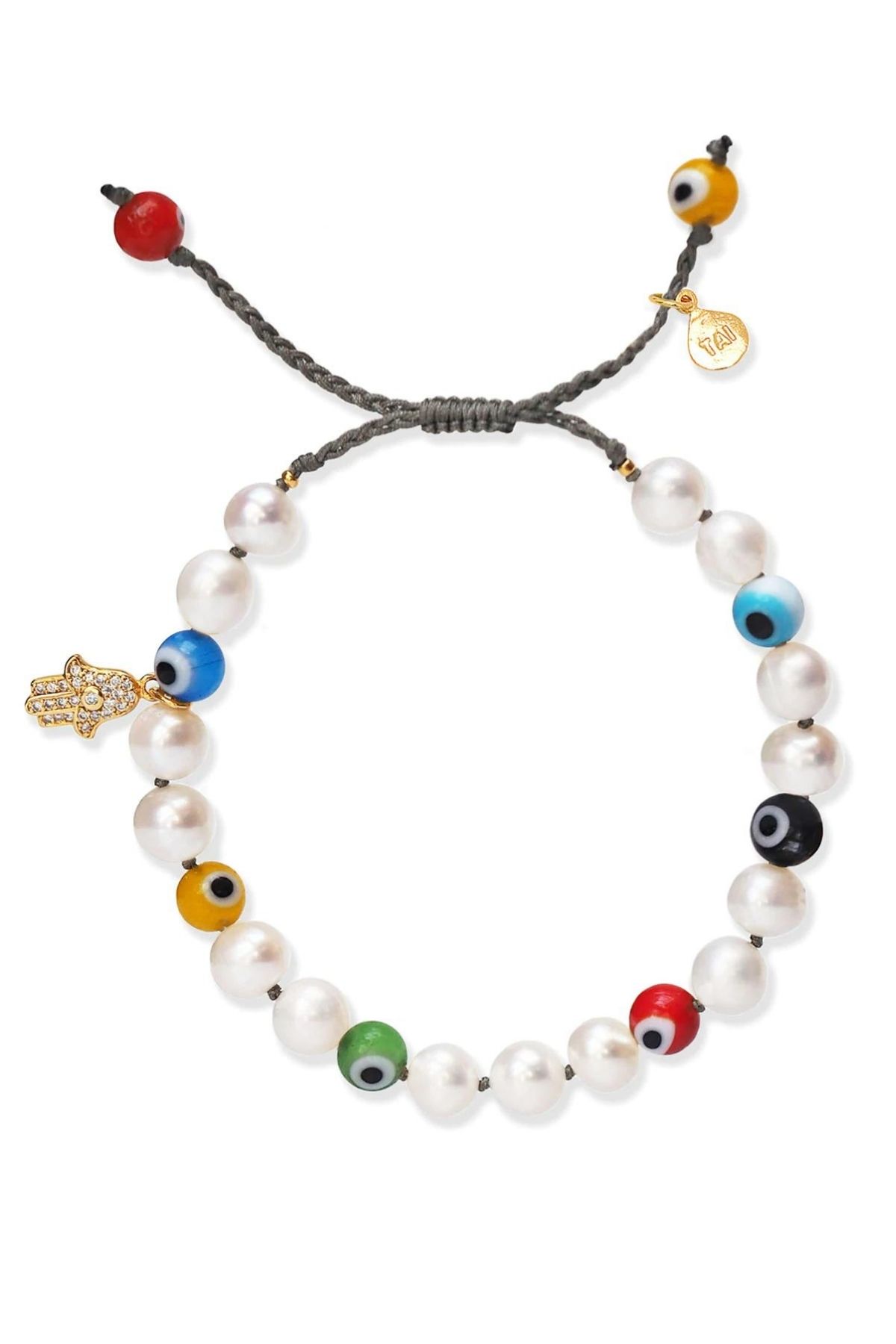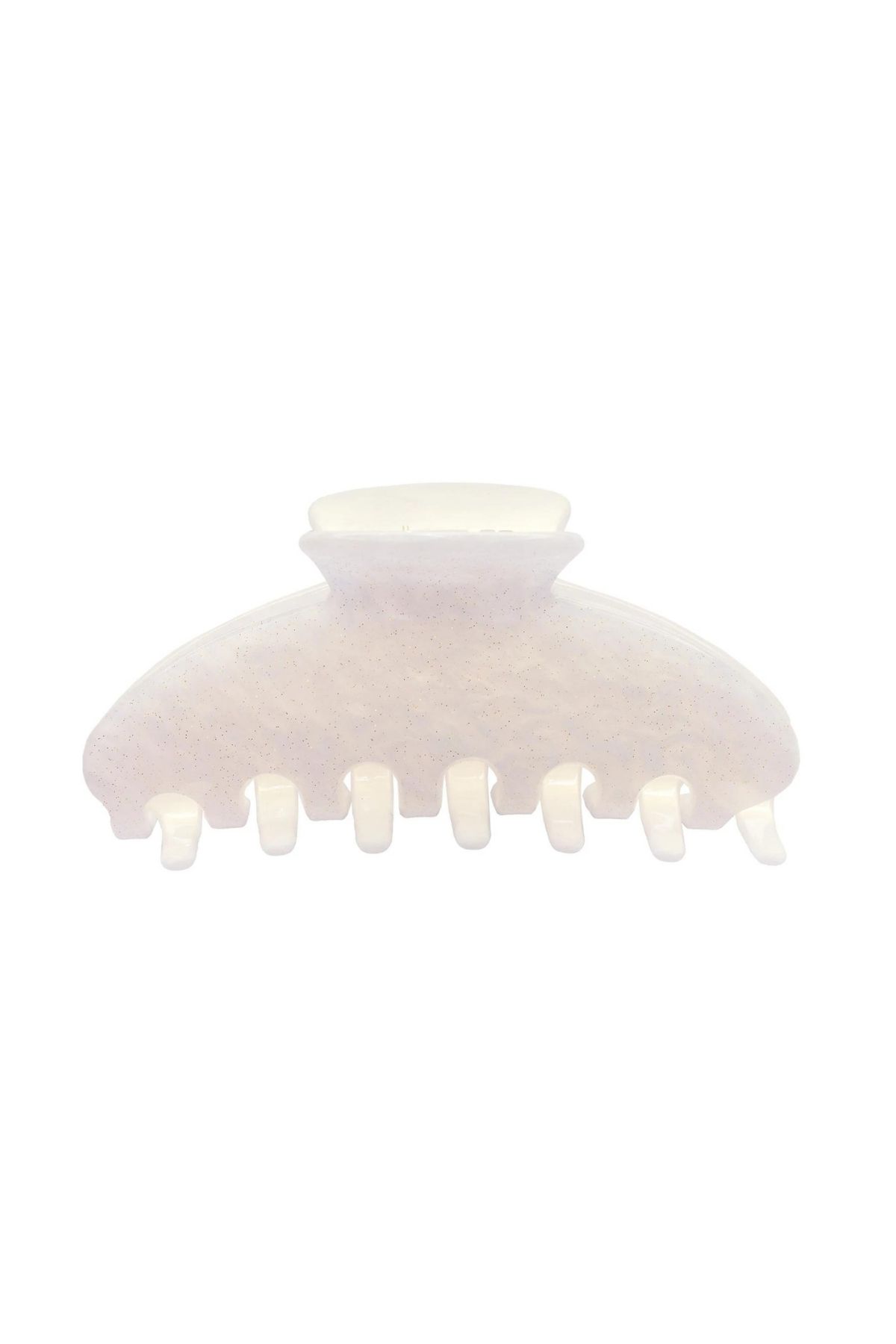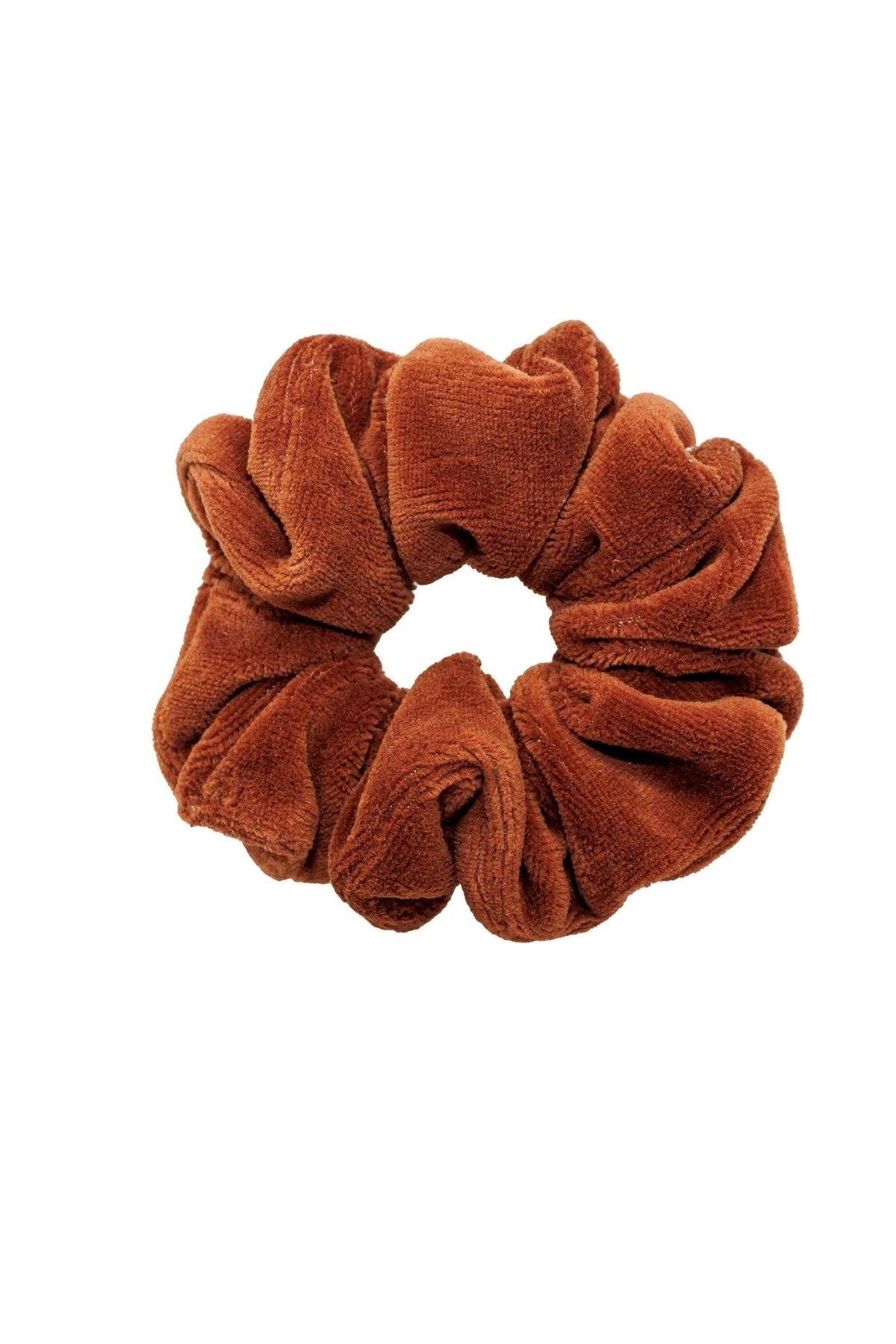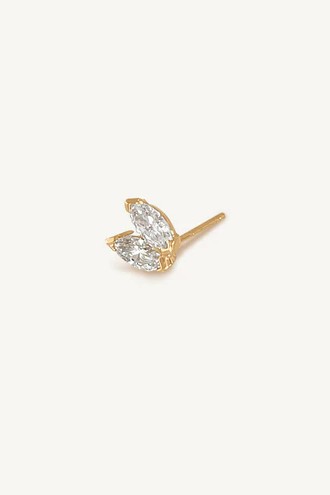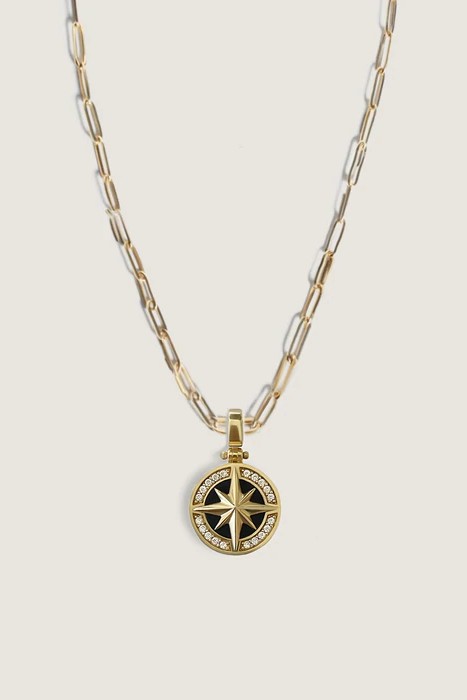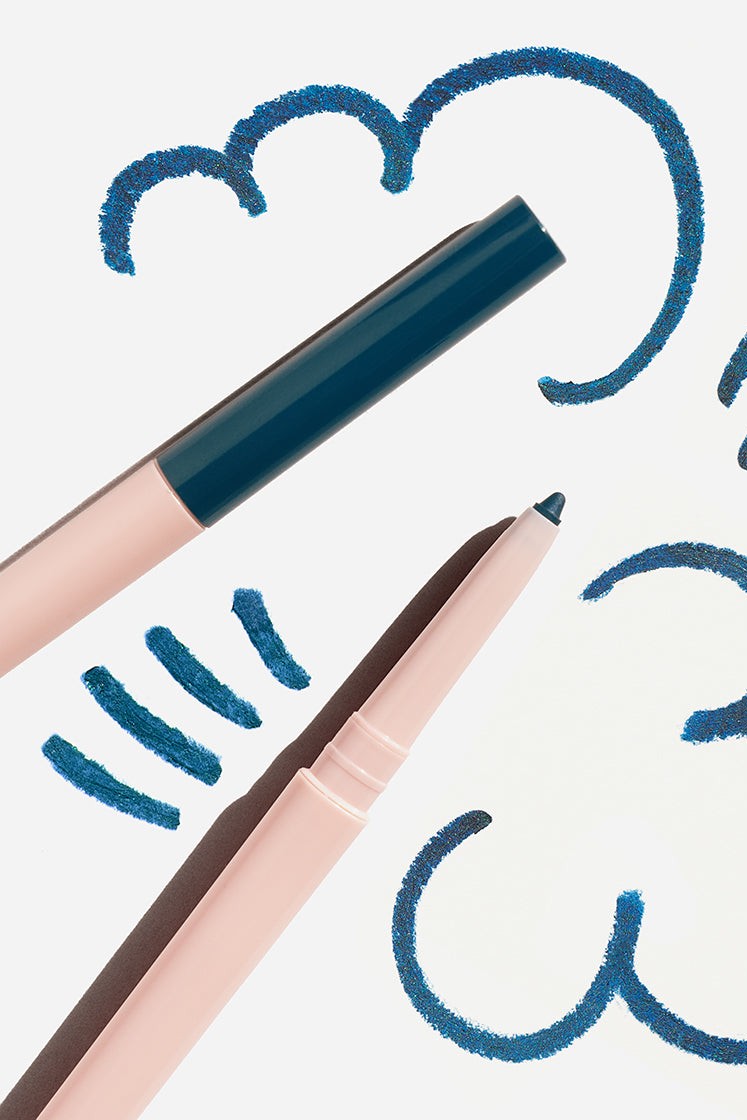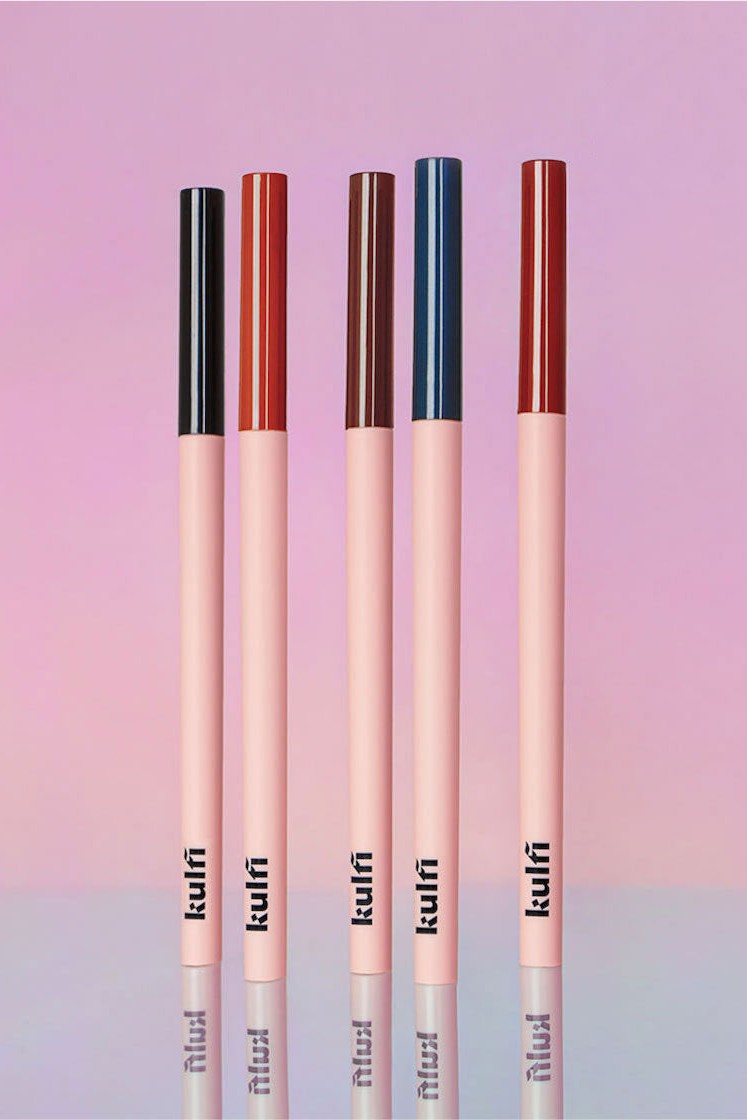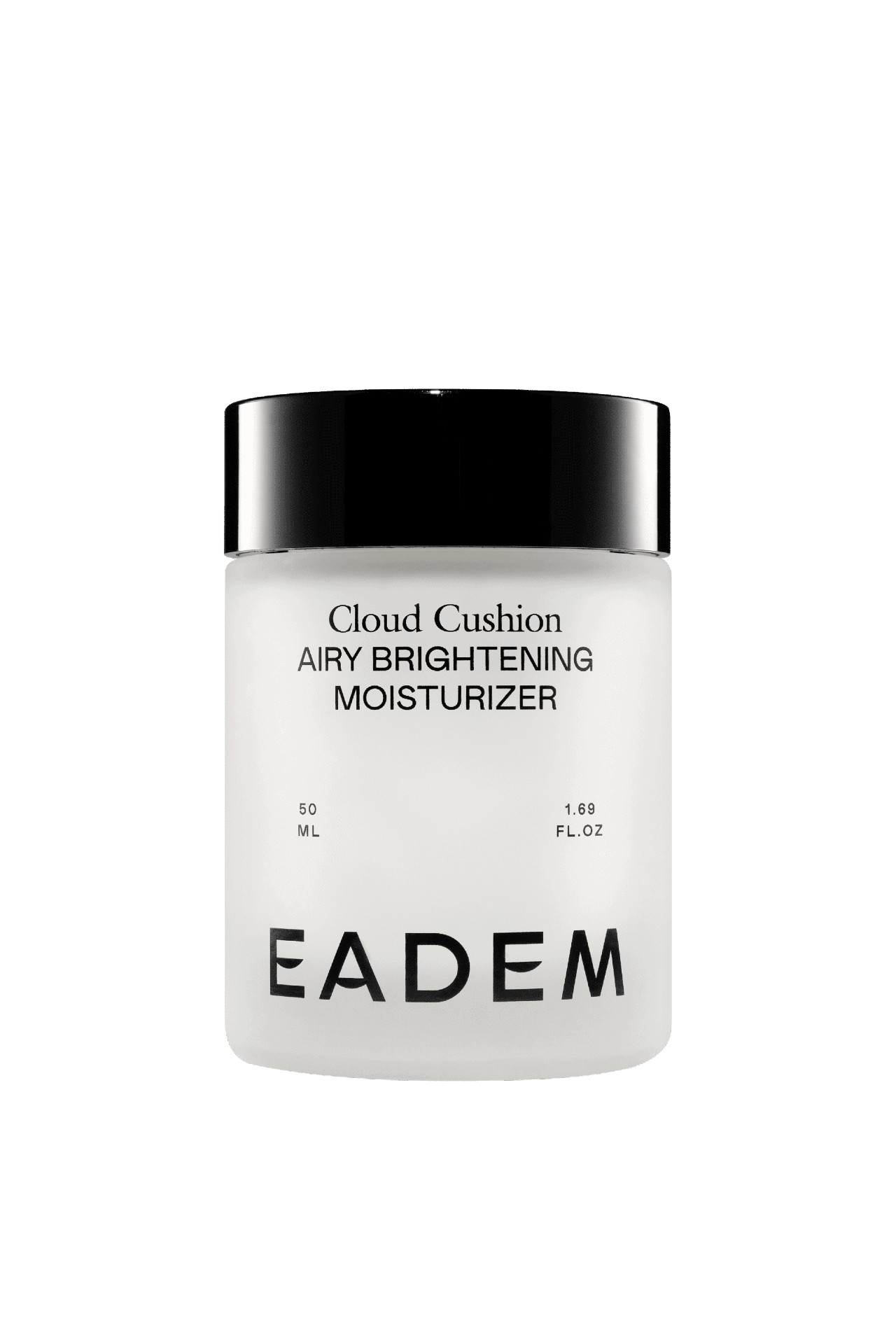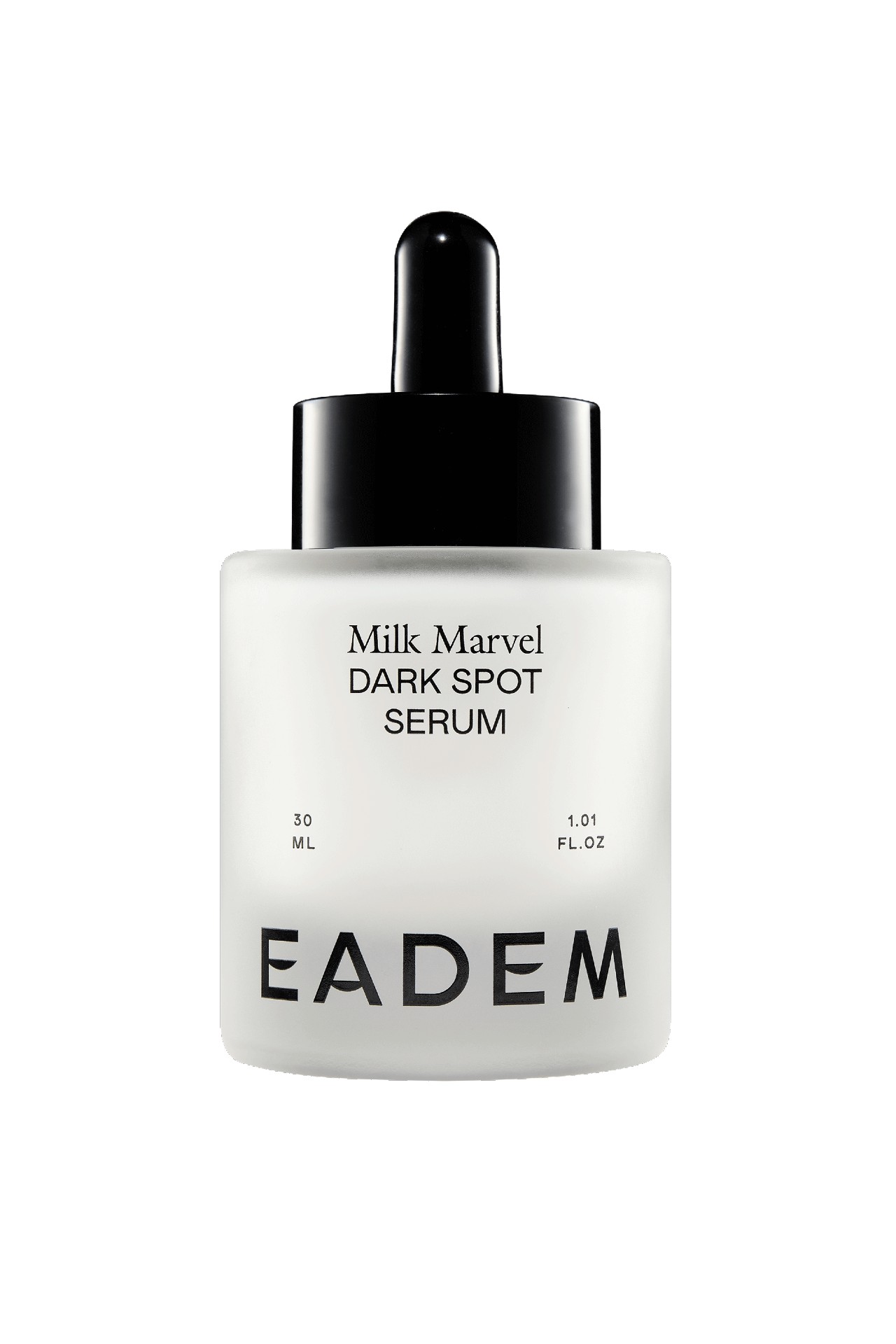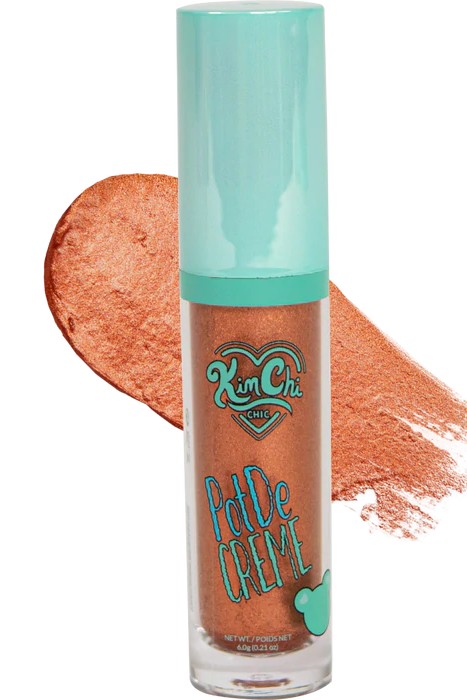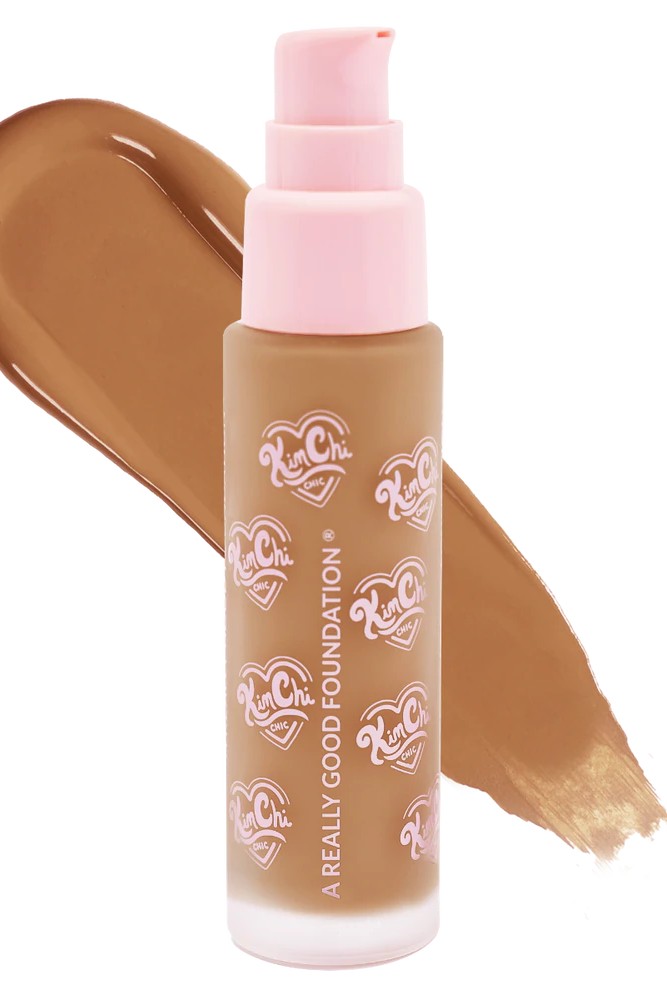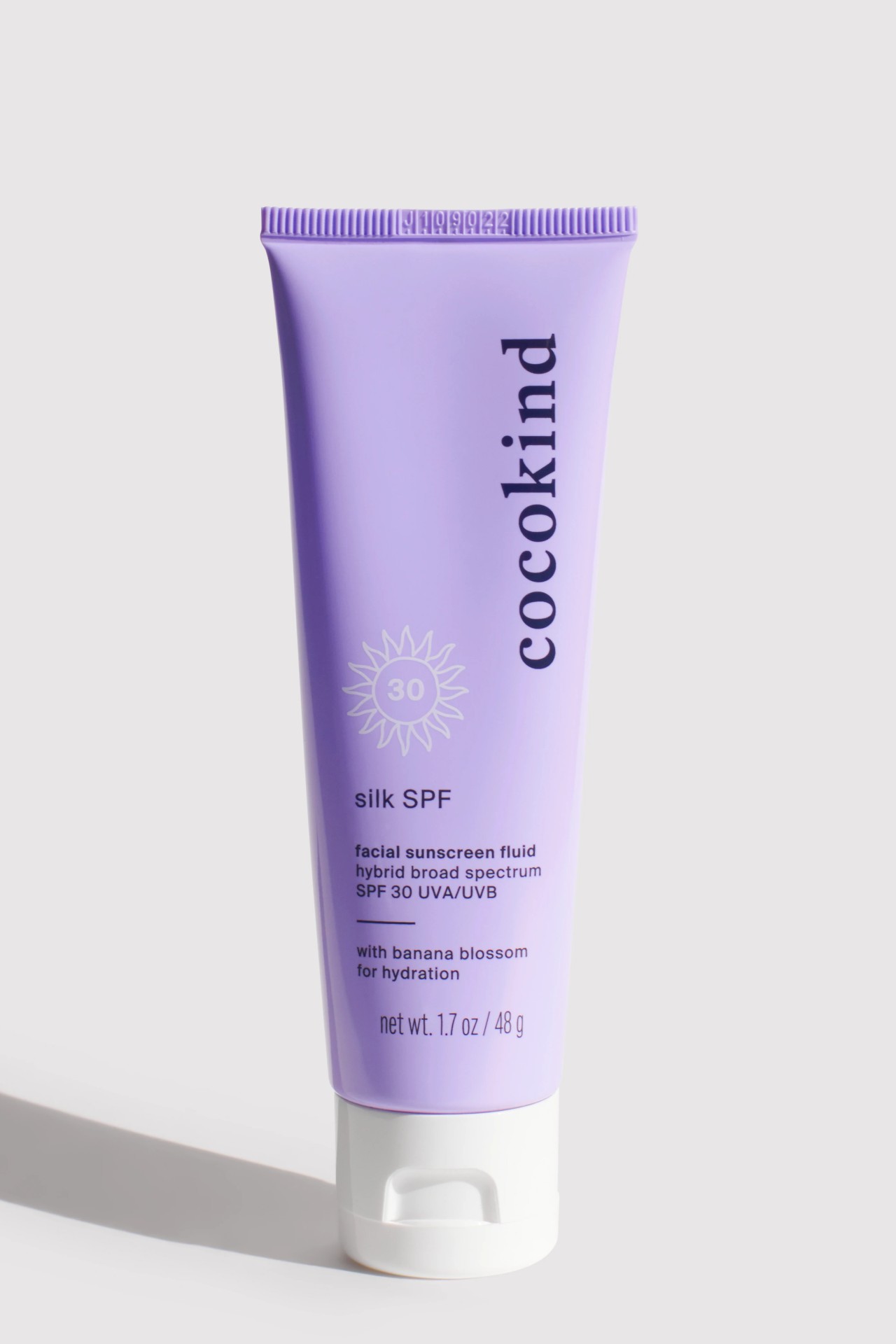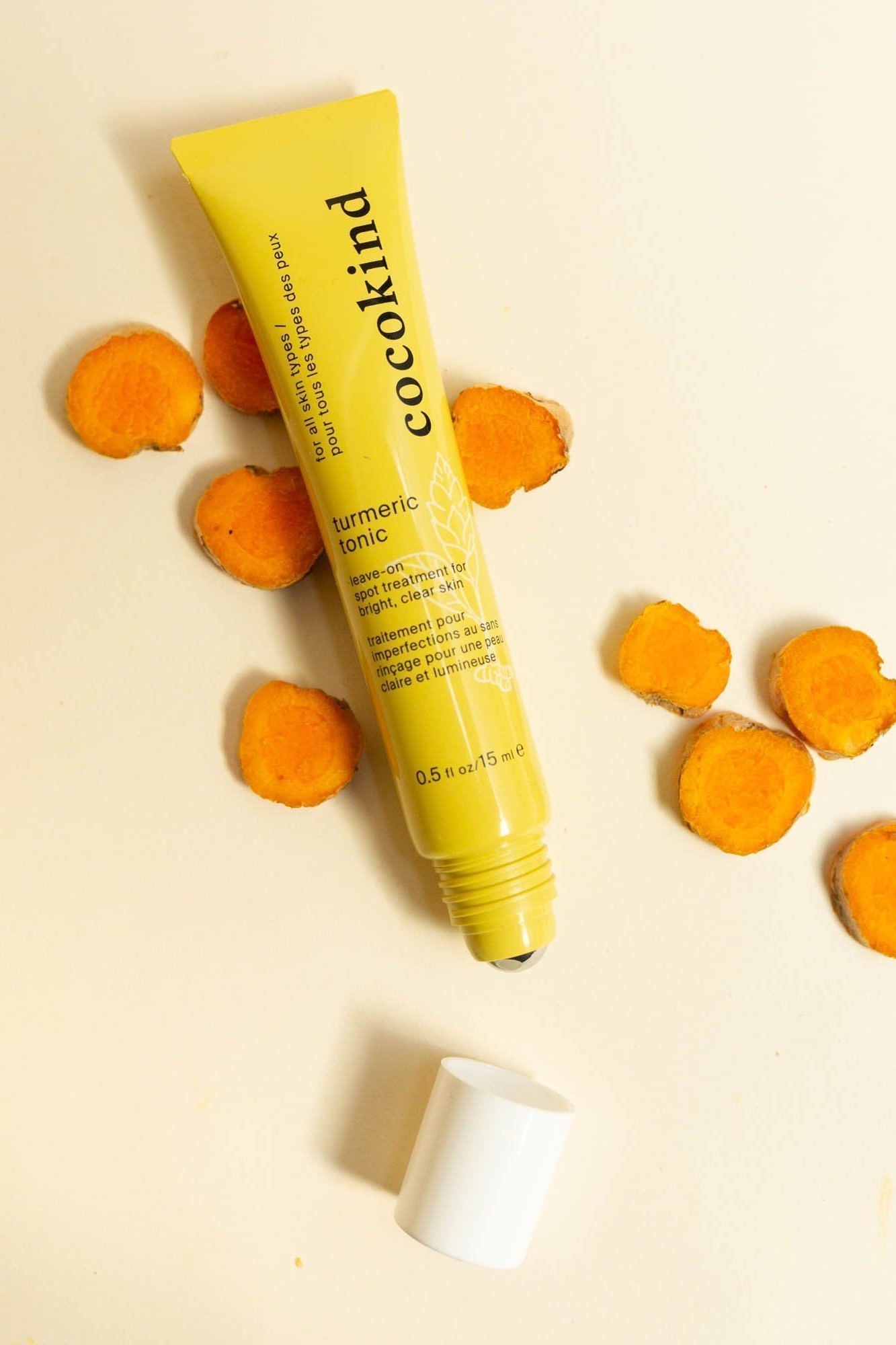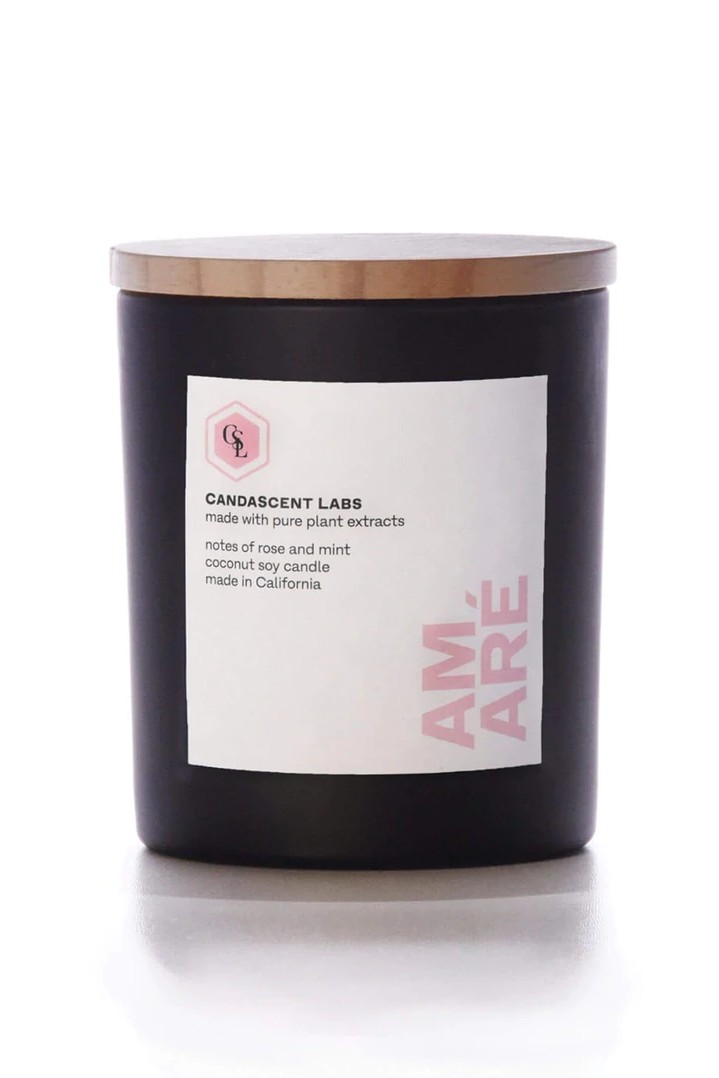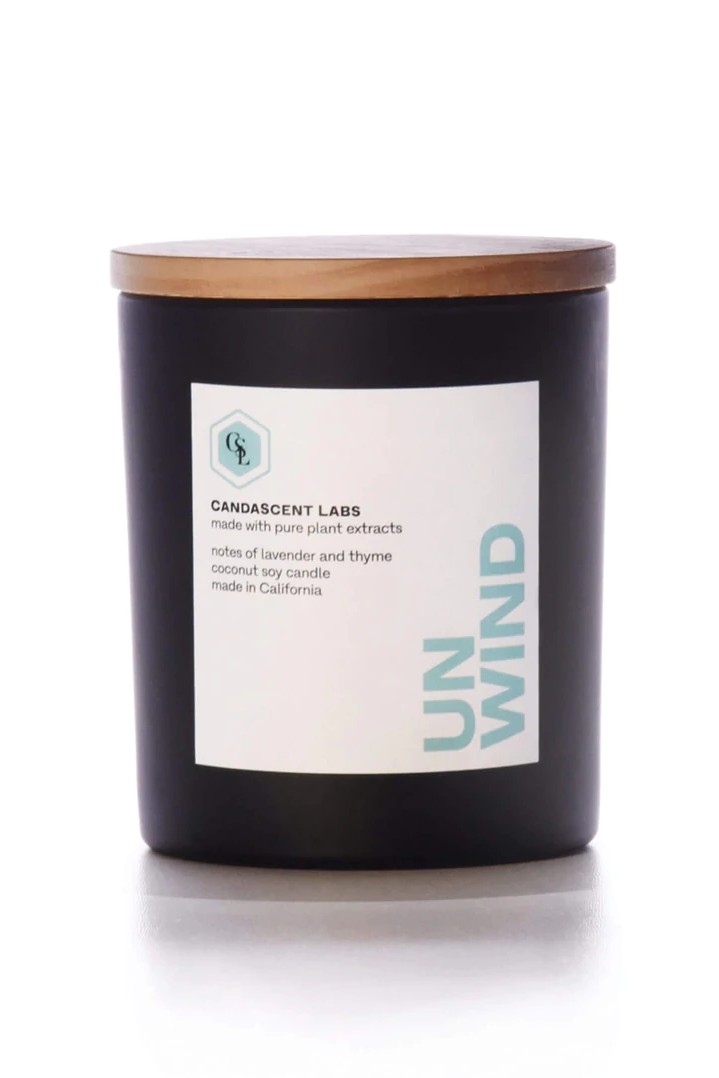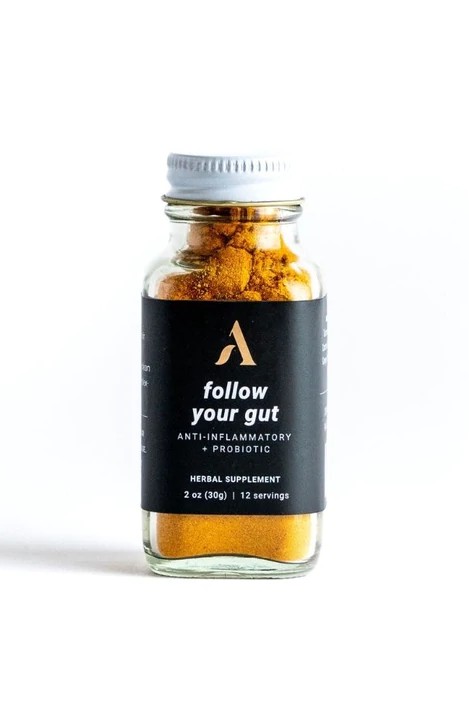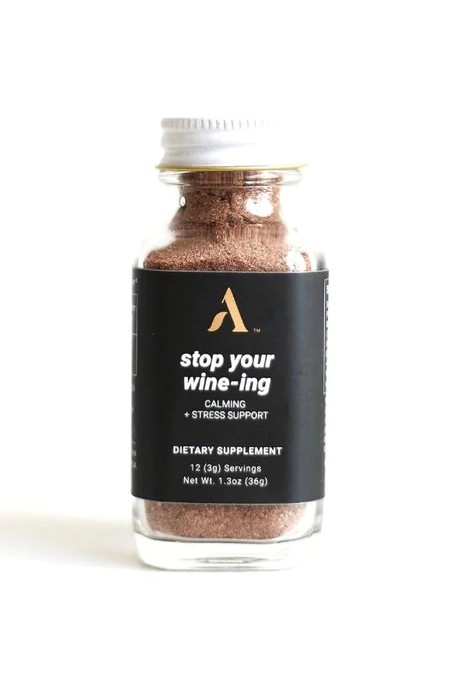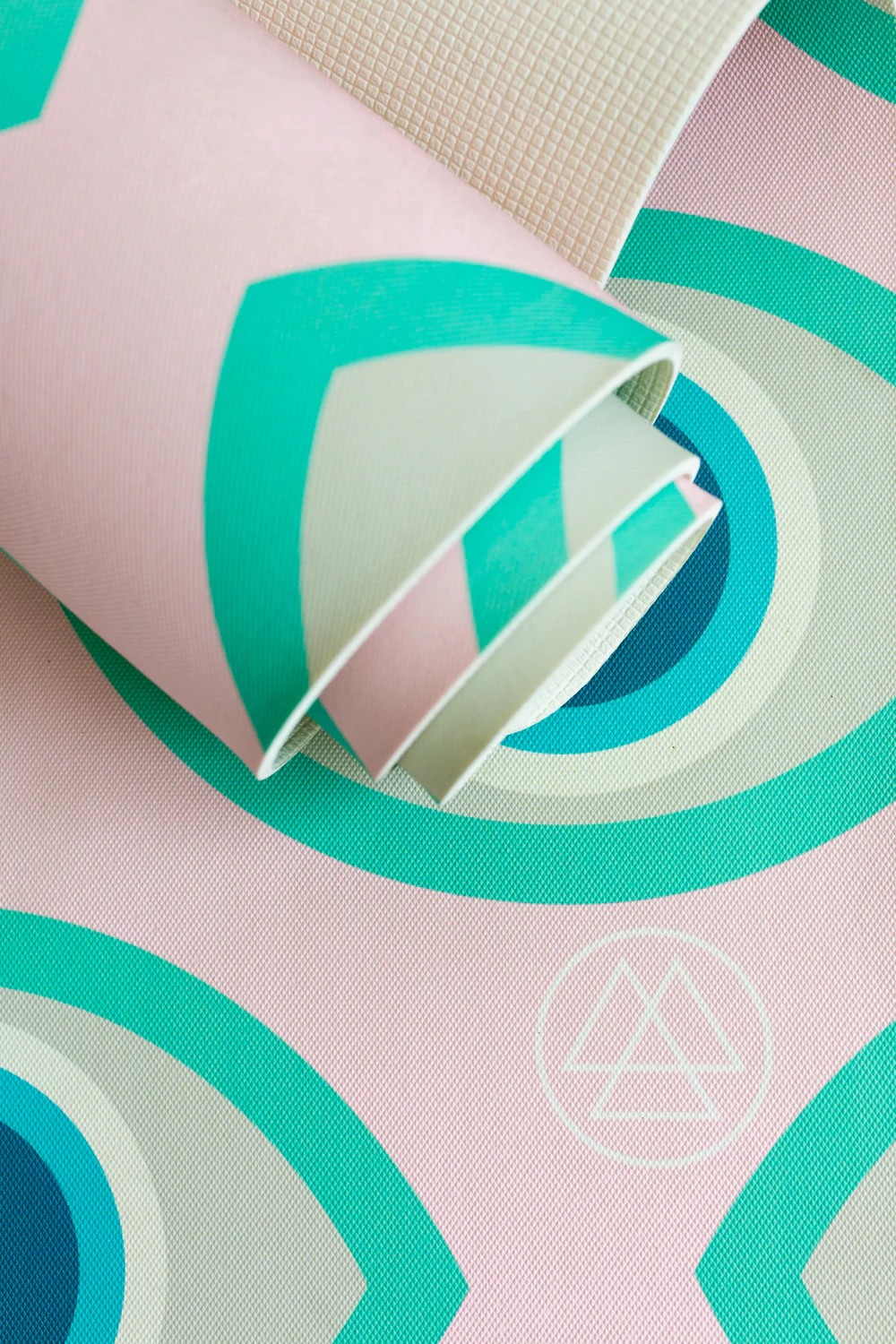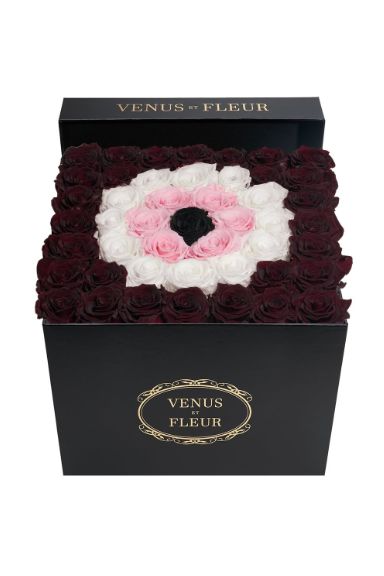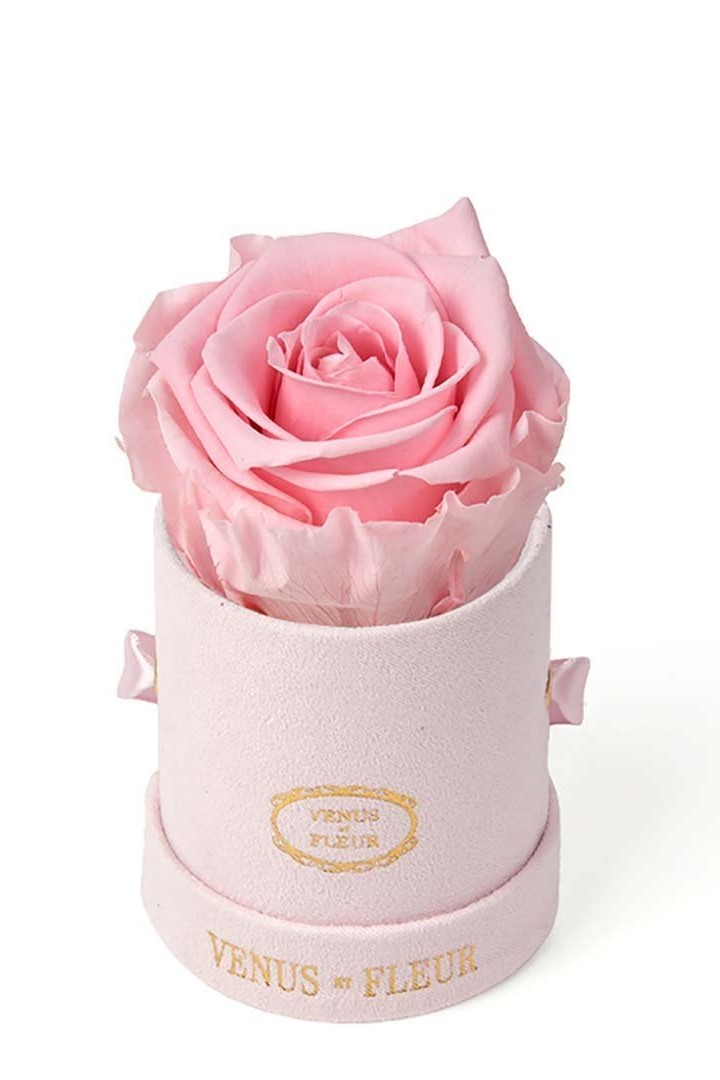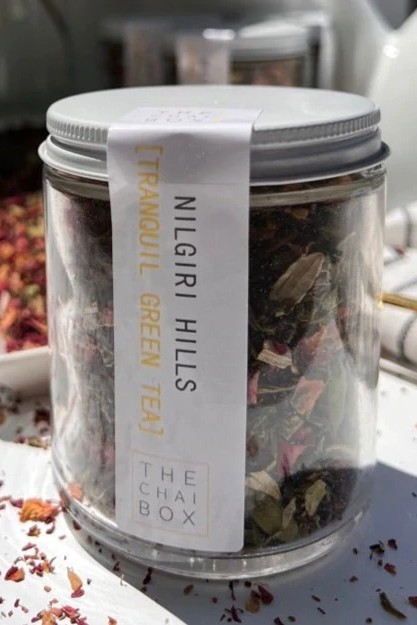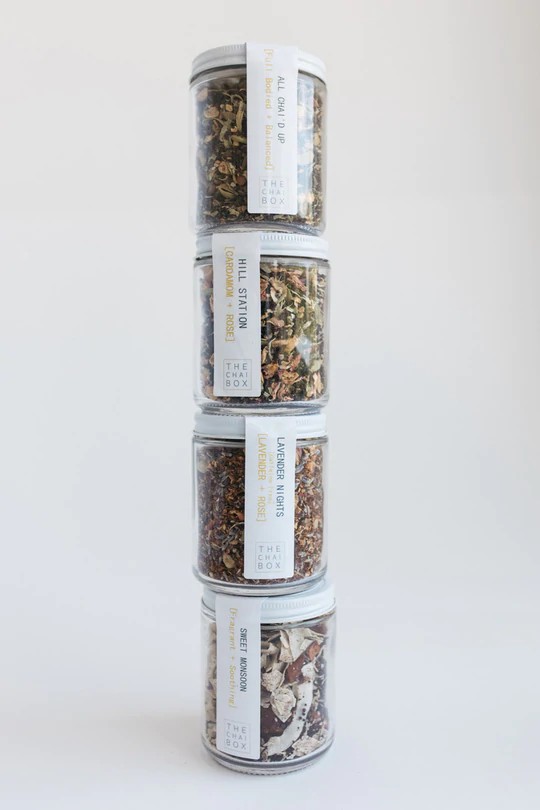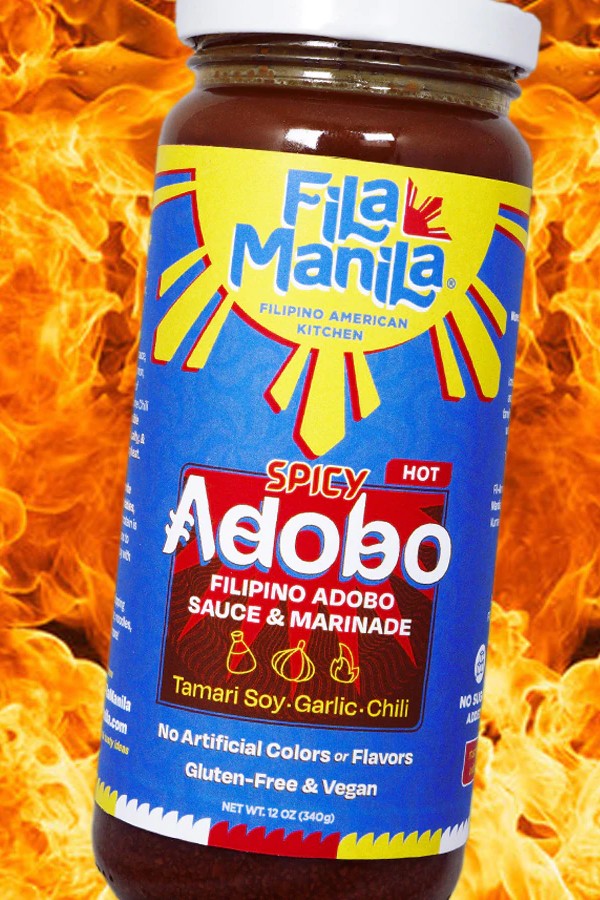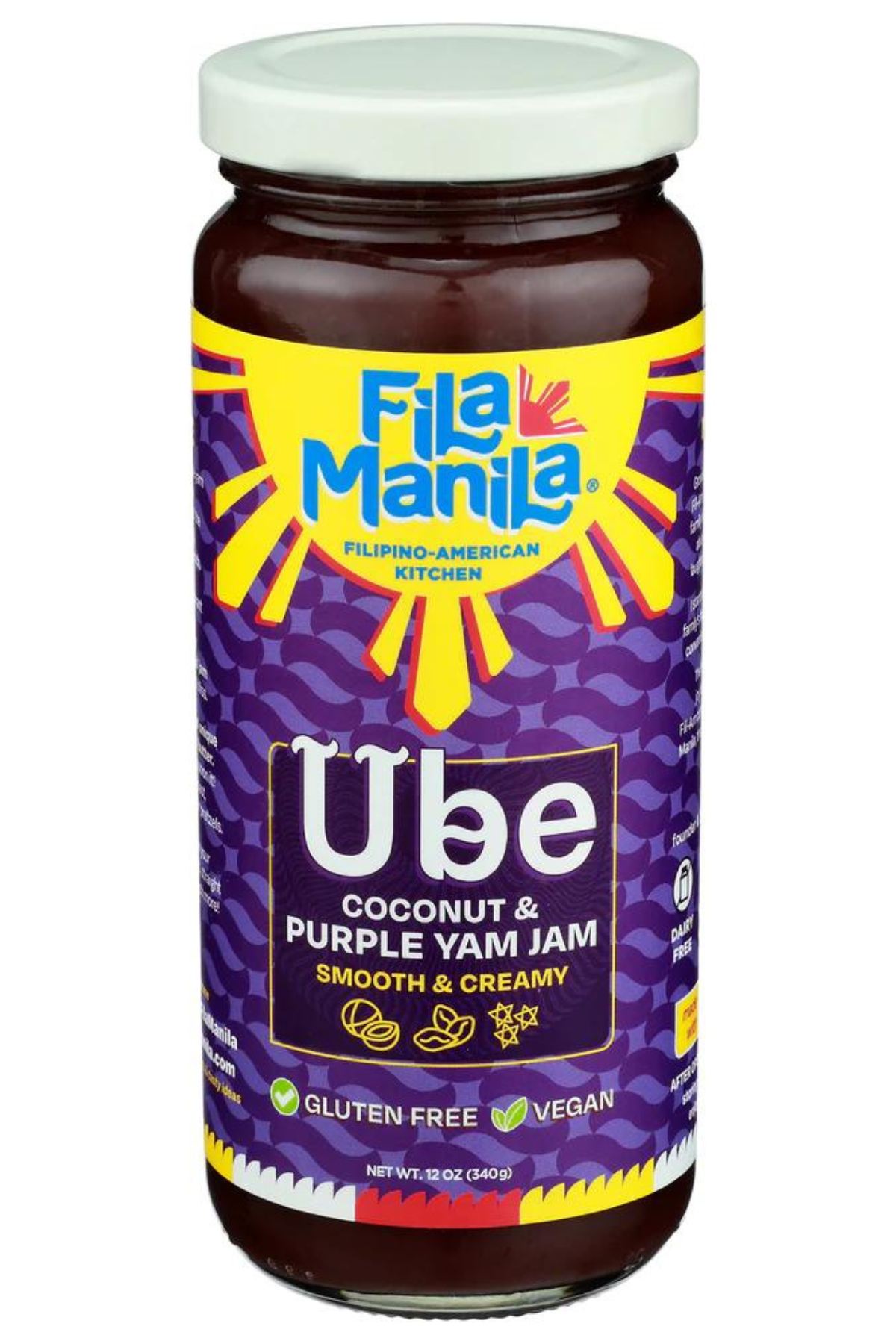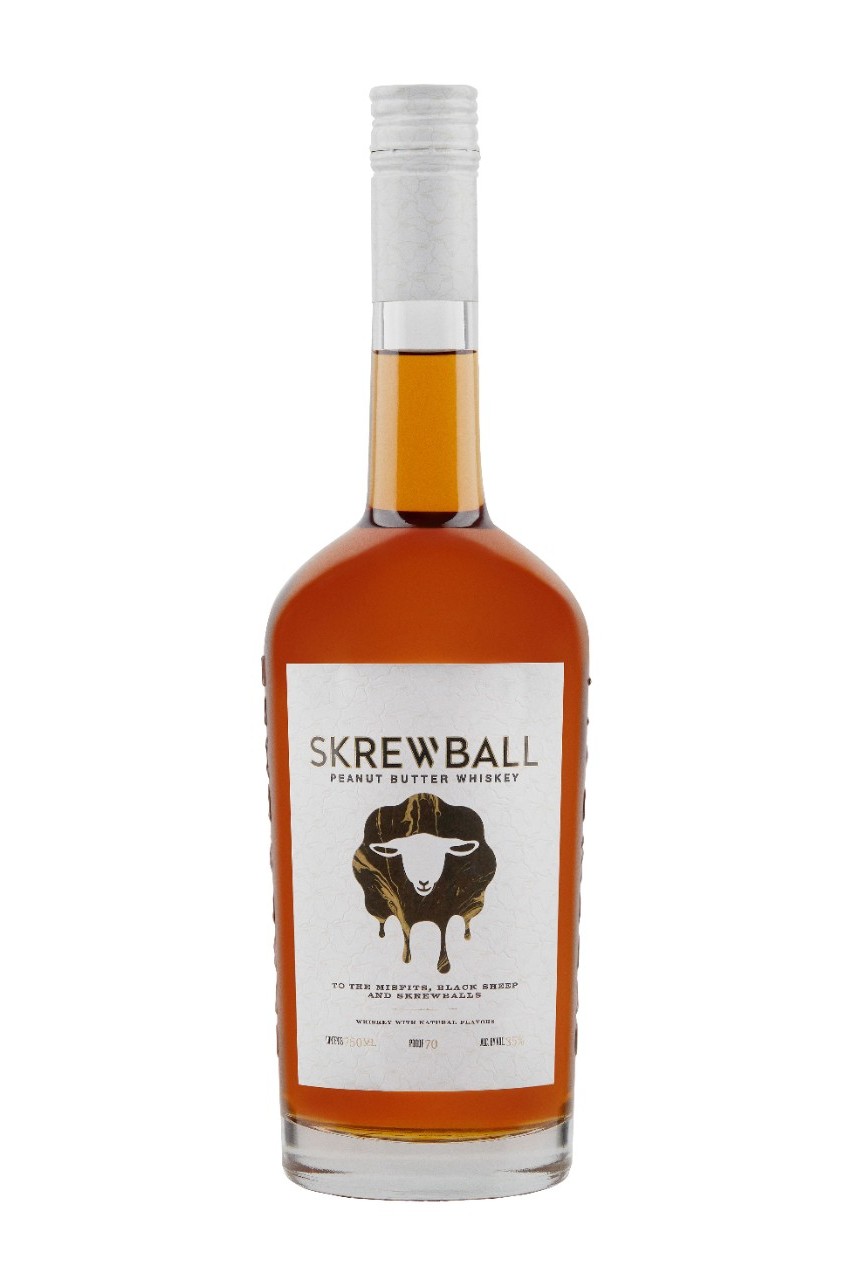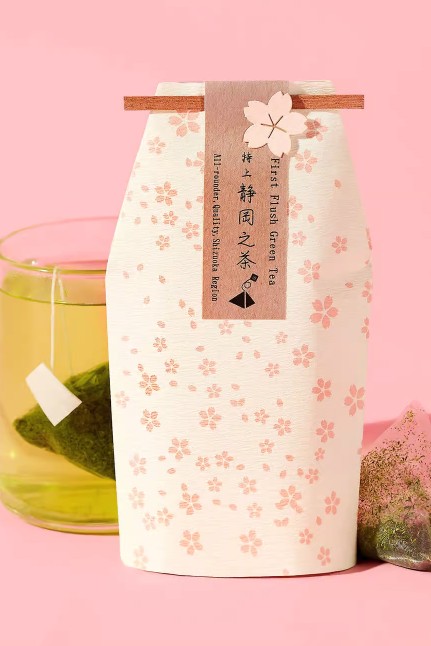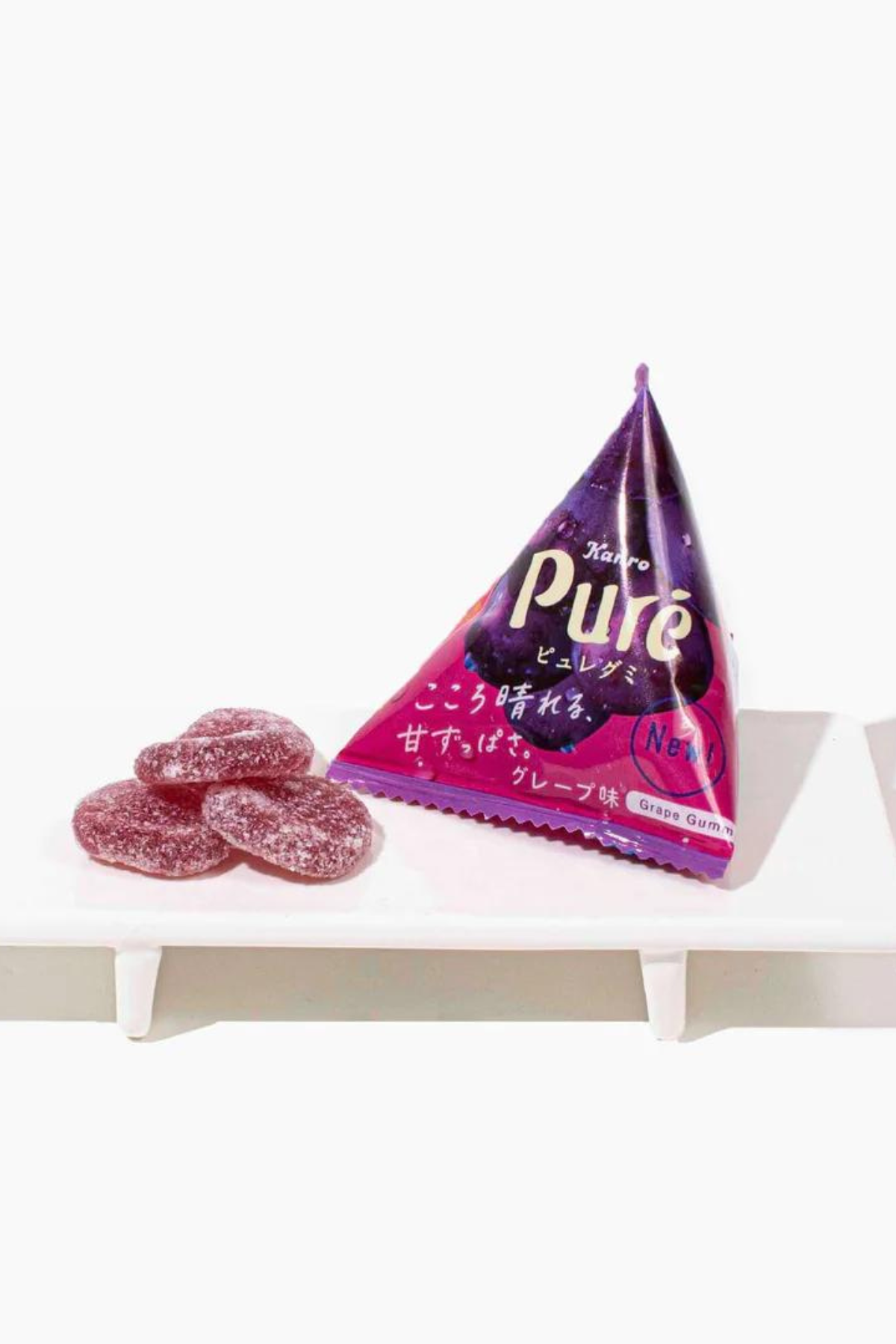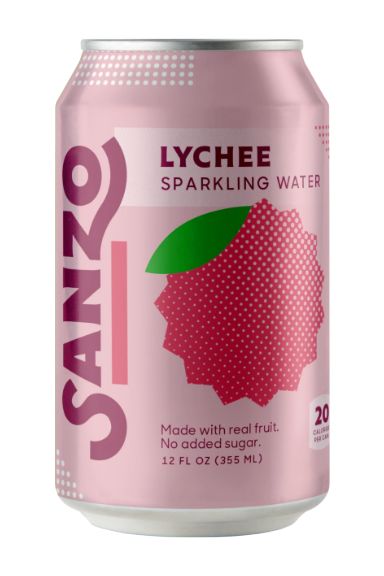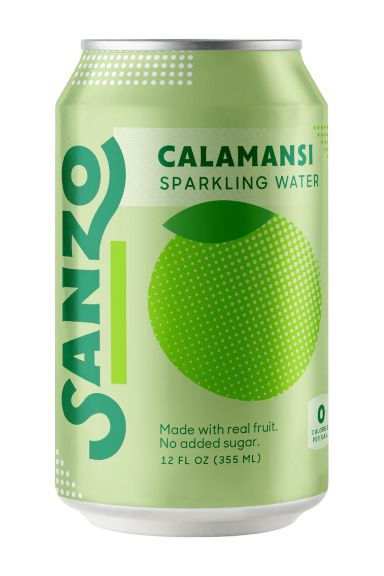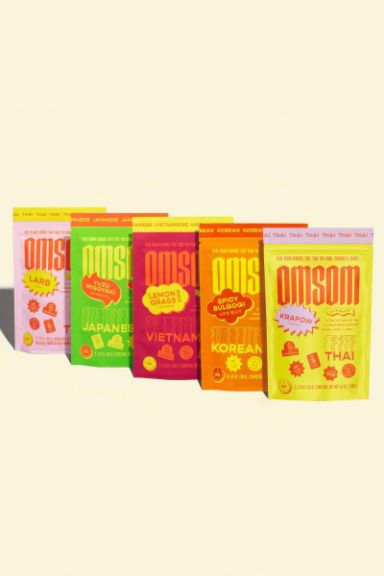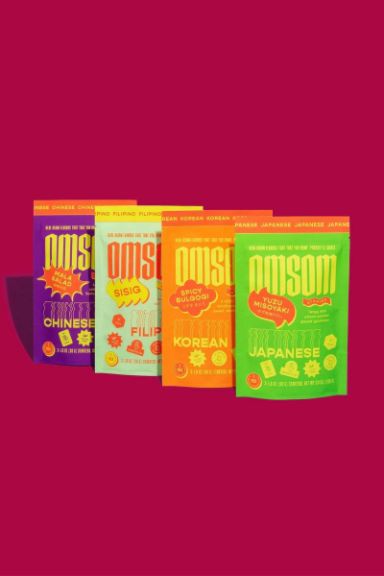26 AAPI-Owned Businesses to Support Now and Always
Brands you'll fall in love with.
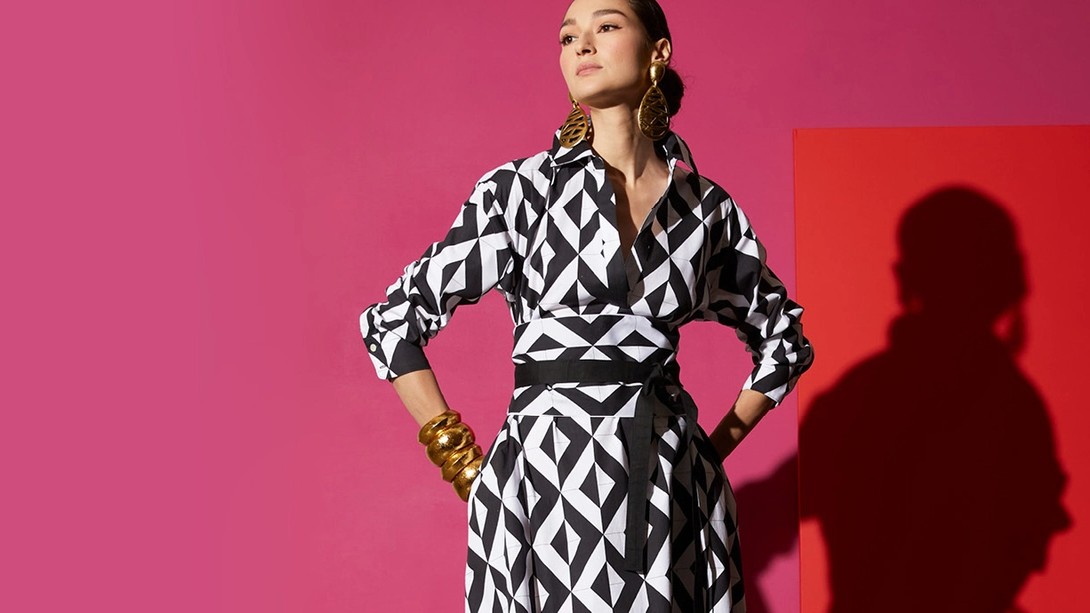
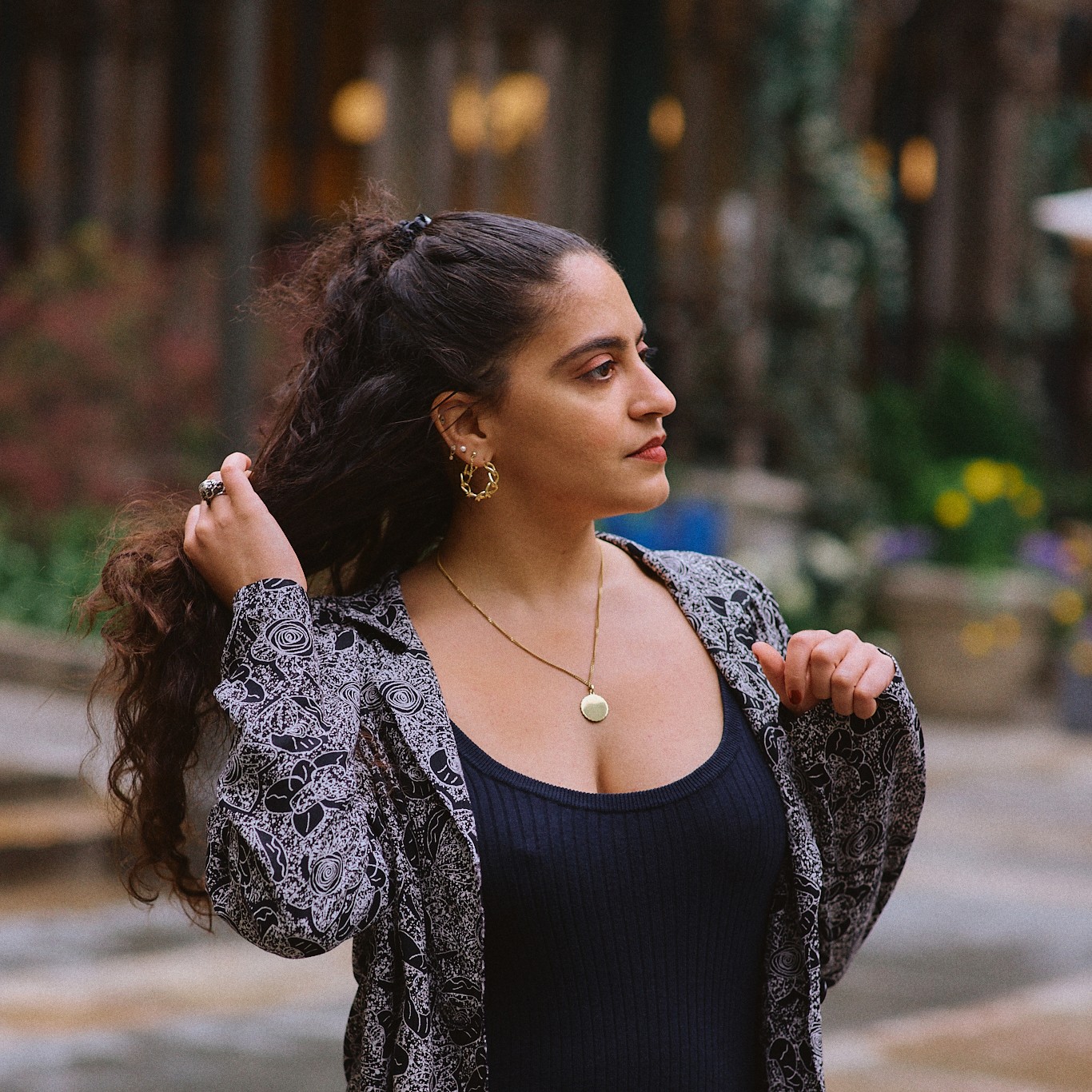
Neha Prakash
Did you know that Asian migration to what is now the mainland U.S. has existed, on some level, since the colonial era of the late 1700s? Since then, the Asian and Pacific Islander communities have made huge contributions to American culture in every field, including art, literature, media, technology, science, and beyond. However, this significant community (and the fastest-growing ethnic group in North America) too-often remains unappreciated, under-valued, and the object of bigotry. The latter has particularly been on the rise since the COVID-19 pandemic, which reinvigorated age-old racist notions against the AAPI (Asian American and Pacific Islander) community.
For this reason, it is more important now than ever before to support AAPI-owned businesses. Entrepreneurship is an excellent means of drawing attention to AAPI issues and values, and it also has the power to lift entire communities out of places of poverty and disempowerment. You may have already seen our pieces on BIPOC-owned beauty and fashion brands, which include AAPI-owned brands, or you may be familiar with some of our favorite Asian-owned small businesses, like Katini Skin and Allina Liu. Still, there are so many more brands to love and explore―during AAPI Heritage Month and beyond. Below, check out a few we love across beauty, fashion, lifestyle, and food and beverage.
AAPI-Owned Clothing
Natori
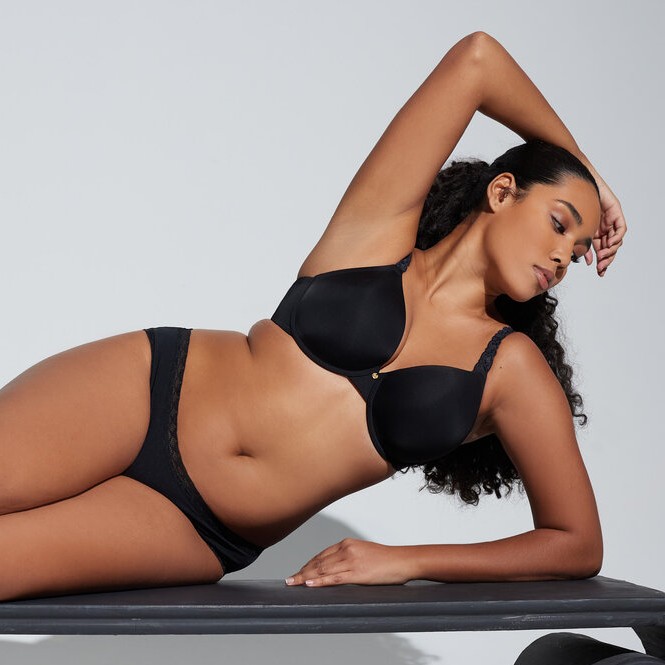
Filipino-American Josie Natori founded Natori in 1977, and it has since continued to be a popular high-end fashion brand that sells everything from dresses to lingerie to accessories. And for AAPI Heritage Month, they're giving back by partnering with Filipino spirit brand Kasama Rum on a limited edition, floral designer bottle made to resemble some of Natori's most beautiful designs. Proceeds from the bottle and from the brand's new beach bag go to Voice of the Free, an nonprofit that fights against human trafficking in the Philippines.
Threads
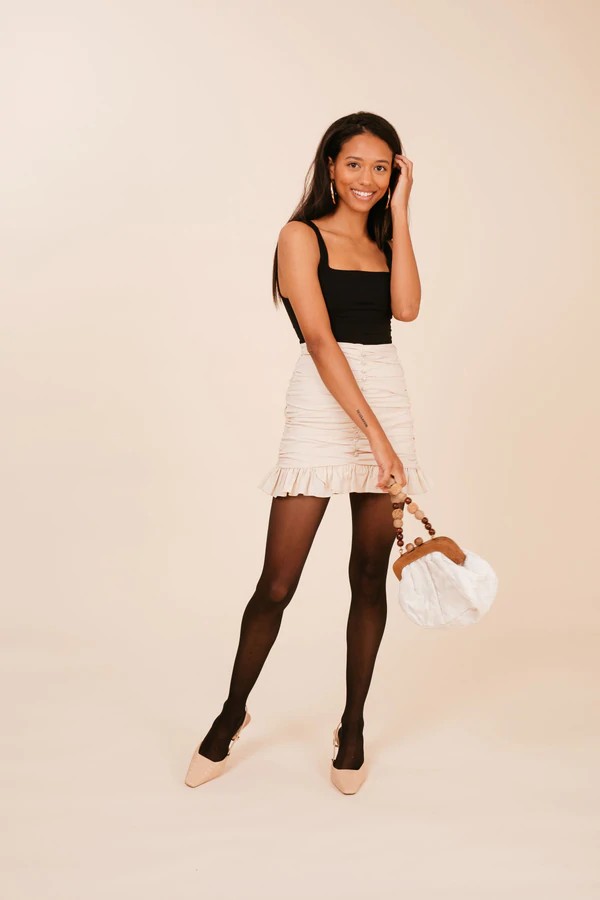
If, like me, you've struggled to find a flattering, comfortable pair of tights that doesn't rip five minutes into its first wear, then Threads is the brand of your dreams. Founder Xenia Chen took inspiration from her days as an investment banker, when tights were a "work wardrobe staple." Upon further research, she discovered that many tights on the market are made using insubstantial materials, so she founded Threads on the basis that all its undergarments be made using high-quality fabric from Italy. Now, through Chen's creation, professionals have access to high-quality basics at an affordable price.
Nary
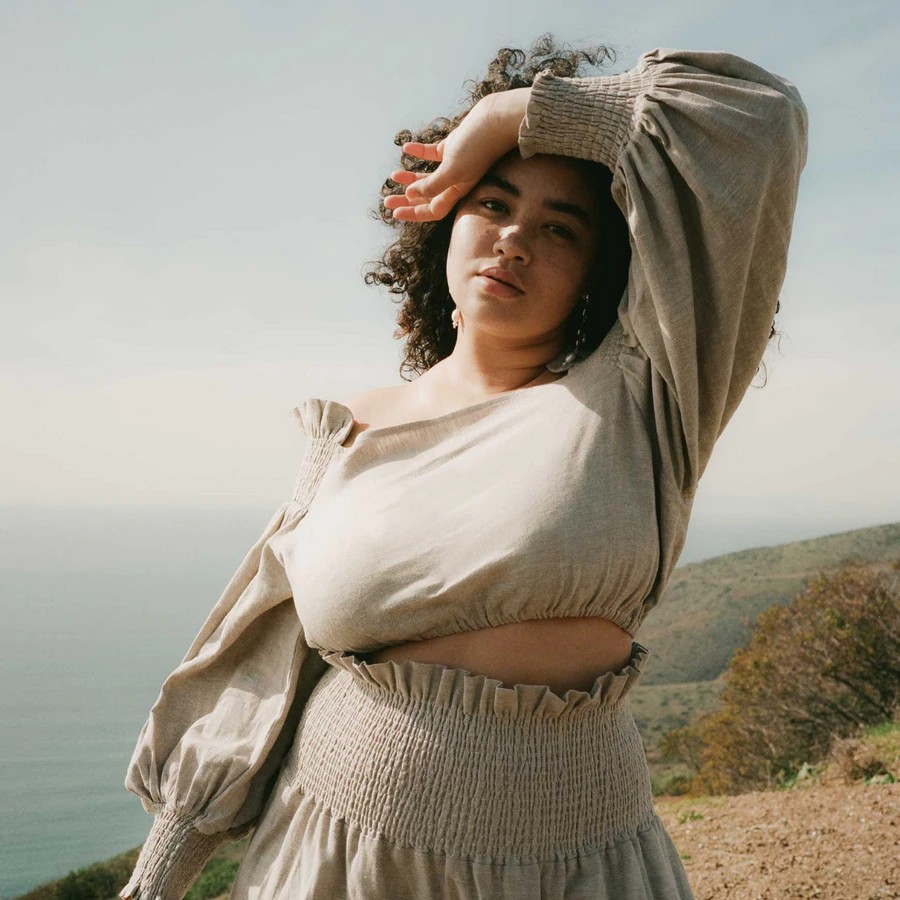
Nary was founded by three sisters who wanted to both express their love for fashion and honor their Cambodian roots. The brand is named after their mother, Phannary, and all clothing is made with ethical standards in partnership with NGOs devoted to ending sweatshops and modern-day slavery. Their pieces are made using high-quality fabrics and have whimsical, flowing silhouettes perfect for the office, a party, or a sweet date night.
KYNAH
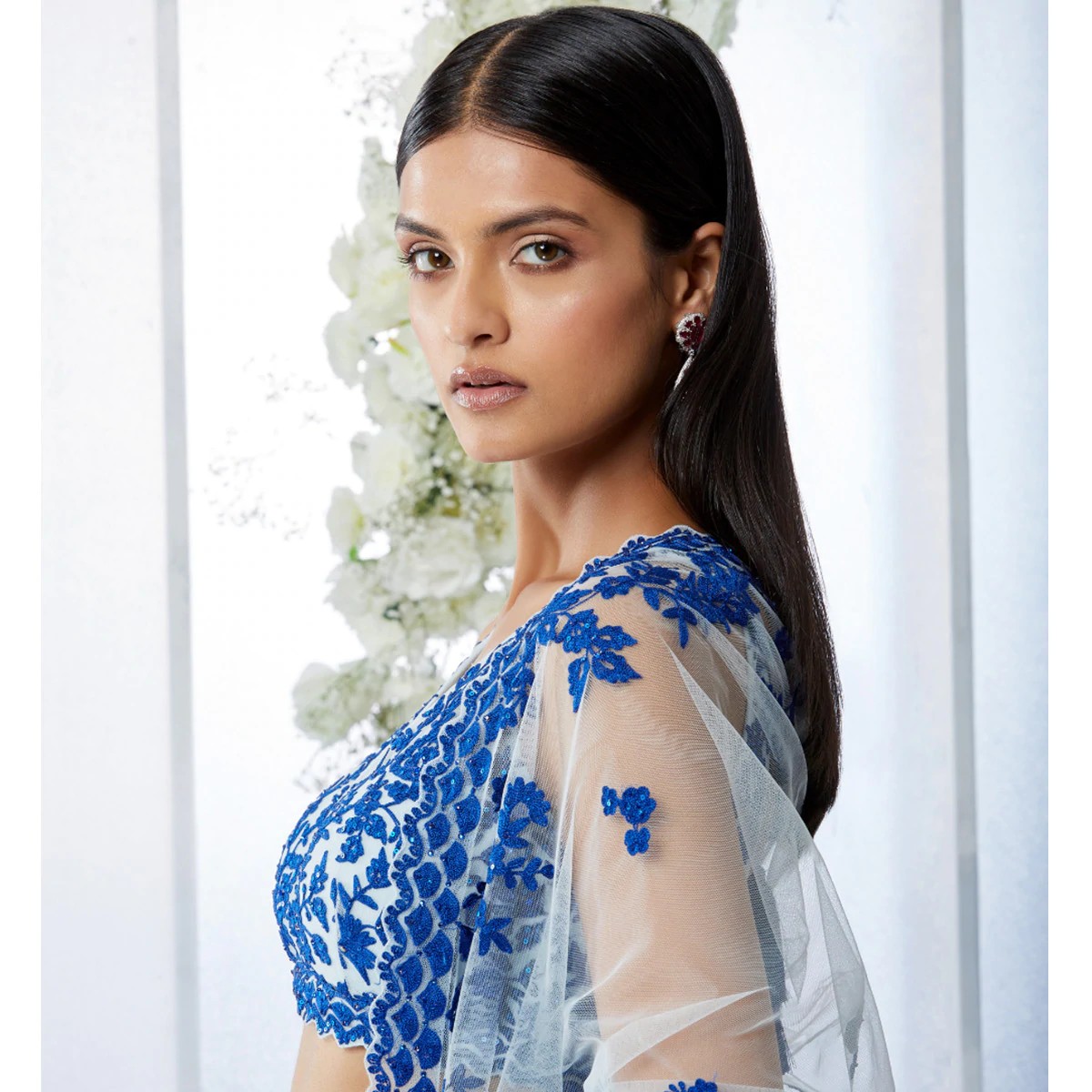
KYNAH has become the go-to destination for luxe South Asian evening and bridal wear —and with the likes of Meena Harris and Richa Moorjani as its clientele, KYNAH's looks have also quickly become red carpet staples. Launched in 2017 by Los Angeles-based Aisha Rawji, KYNAH—which means female leader—celebrates South Asian craftsmanship and centers sustainability by focusing on made-to-order pieces. And check out KYNAH's sister brand, Siska Studios, for South Asian designed, ready-to-wear resort collections.
holiChic
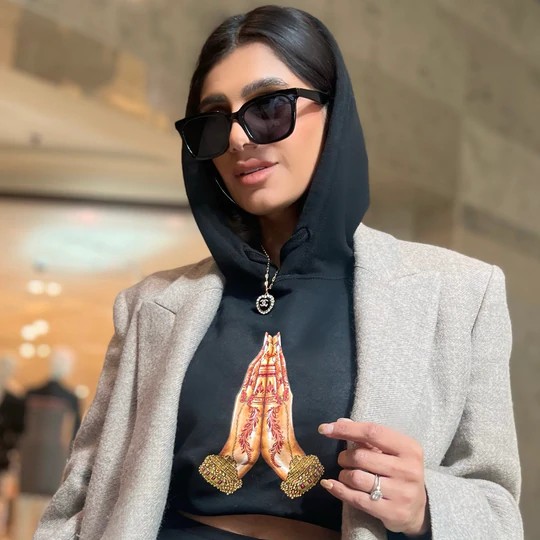
Inspired by Mumbai and New York, holiCHIC is Indo-Western fashion at its best. Founded in 2015 by Megha Rao and Pooja Desai Shah, the brand focuses on colorful, bold, and modern takes on traditional silhouettes, styles, and materials. The brand offers everything from wedding attire to menswear to funky, graphic-designed accessories. Most recently, holiChic launched swimwear so you can now even wear your South Asian pride poolside.
Stay In The Know
Get exclusive access to fashion and beauty trends, hot-off-the-press celebrity news, and more.
AAPI-Owned Accessories
Dagne Dover
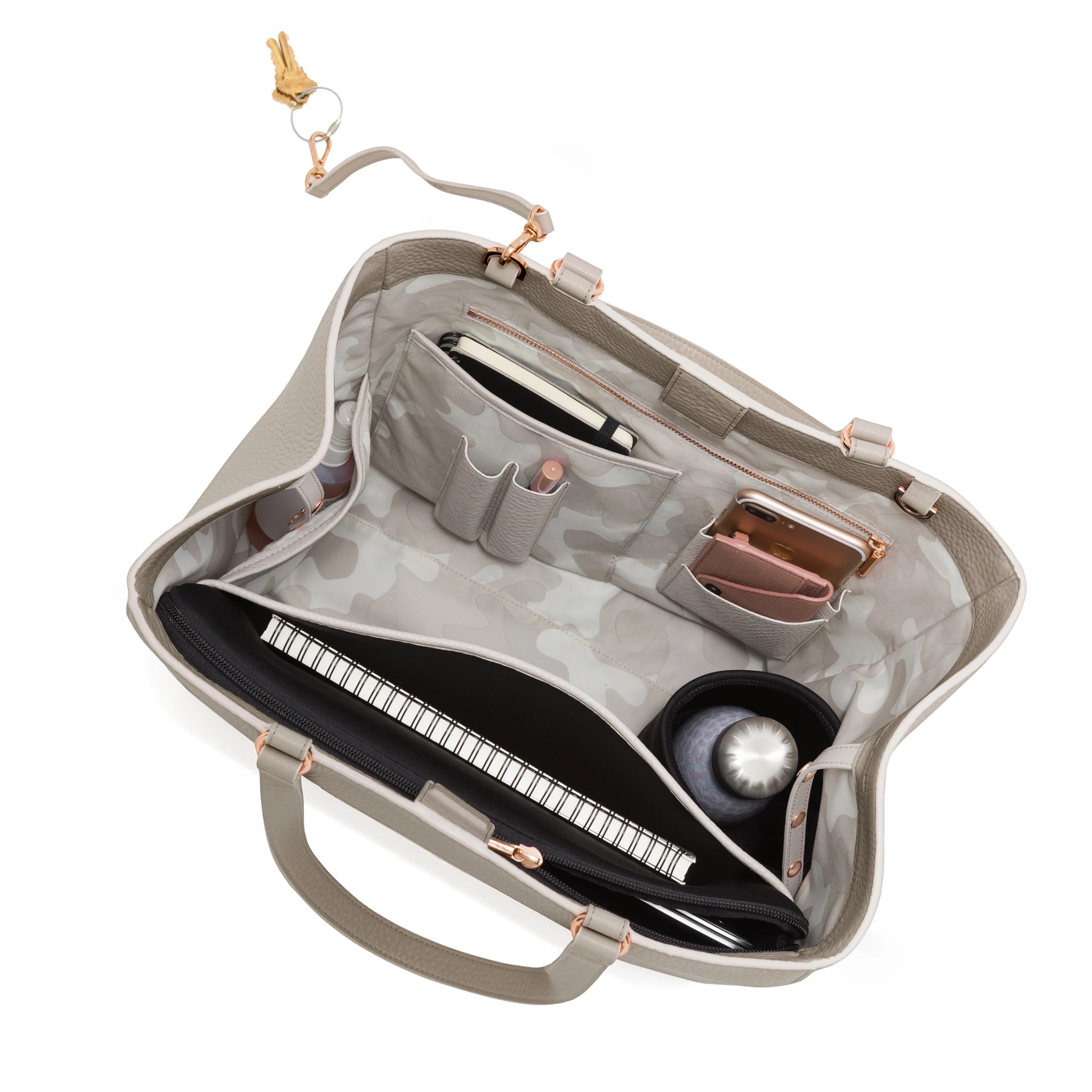
Personally, I am obsessed with my Dagne Dover bag, and everyone I know who owns one is obsessed with theirs, too. Founders Deepa Gandhi, Jessy Dover, and Melissa Shin Mash developed the brand with promise of creating functional, fashionable bags that adhere to ethical, vegan, and eco-friendly standards.
SVNR
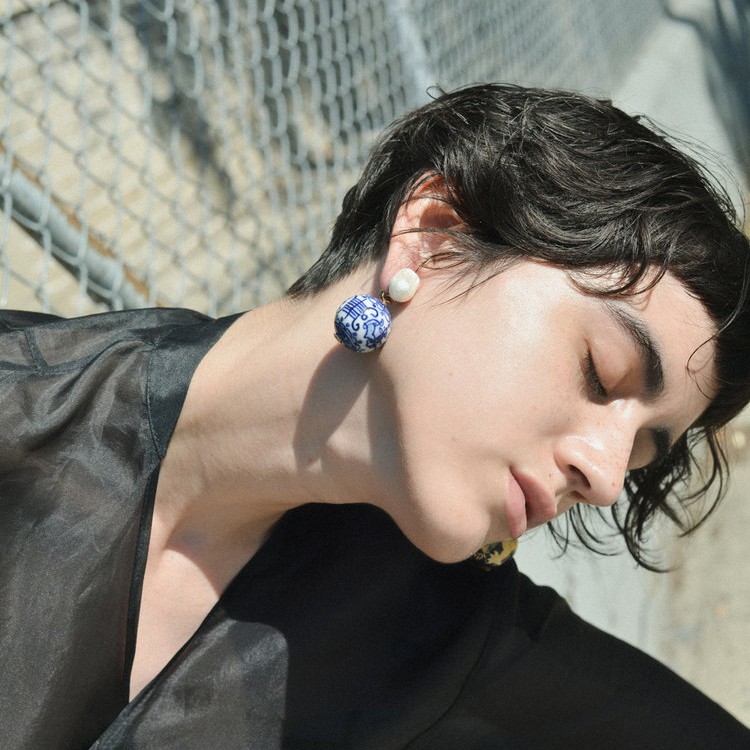
SVNR, based on the word "souvenir," was founded in 2018 by designer Christina Tung, who makes jewelry hats, and hand-dyed silks. The brand is committed to sustainability, so accessories are made using found, up-cycled, and natural materials. Plus, proceeds from select styles also go to Stop AAPI Hate and Hearts of Dinner, year-round.
TAI Jewelry
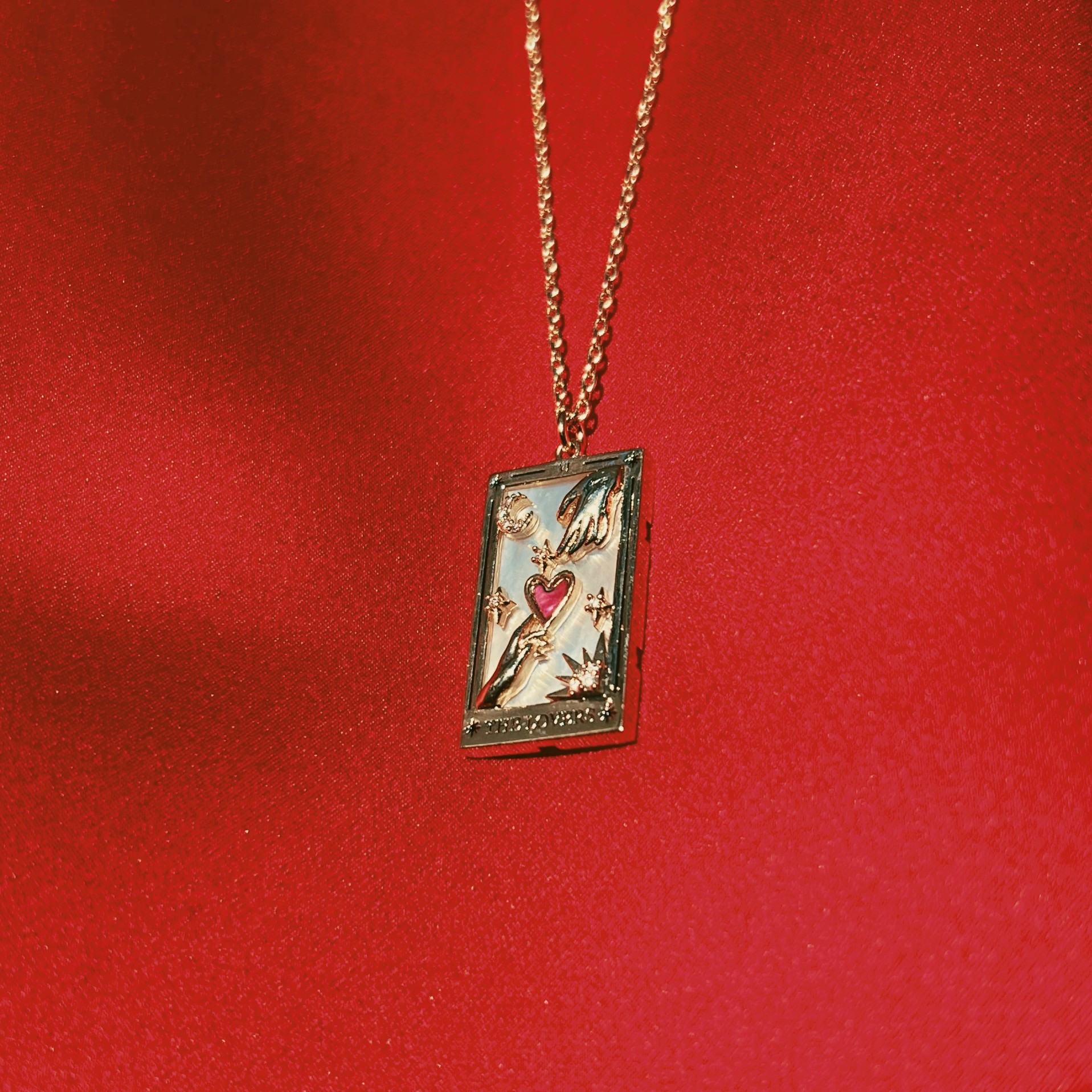
Tai Rittichai was born and raised in Bangkok, Thailand, before moving to Southern California, where she started her eponymous brand. She began her small business by selling handcrafted bracelets at the Santa Monica fleamarket, and has since expanded impressively into carrying 14 karat gold pieces, as well as earrings, necklaces, and rings. She also works with charities in both the U.S. and Thailand, including the Breast Cancer Research Foundation, Stop AAPI Hate, Breast Cancer Charities of America, NAACP, and Feeding America.
Emi Jay
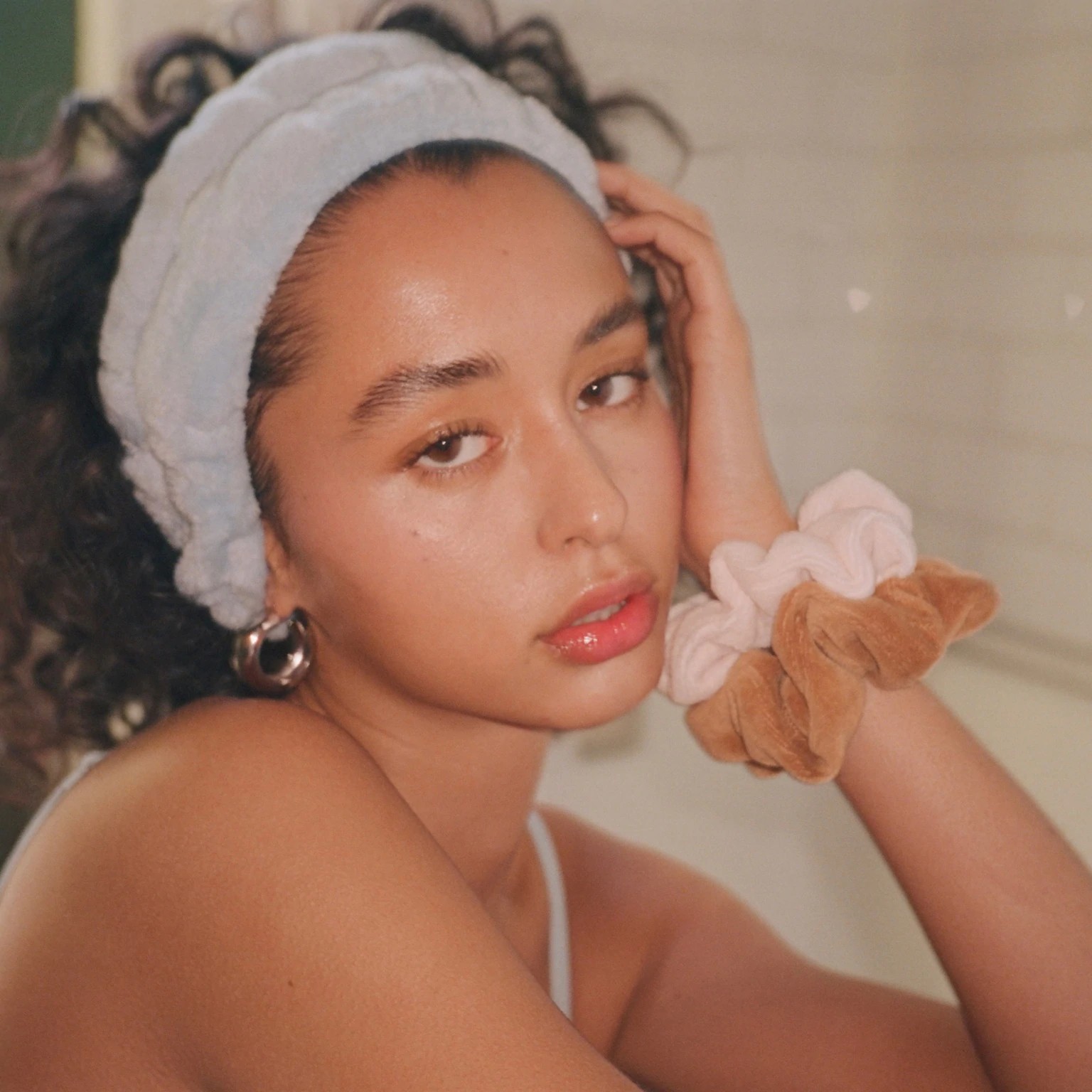
26-year-old L.A. native Julianne Goldmark grew up going to school in a uniform, which inspired her to utilize accessories as a means of self-expression. Her wildly popular brand, Emi Jay, sells chic, comfortable, and effective hair clips that are beloved by both editors like me and by celebrities like Kendall Jenner, Barbie Ferreira, and Bella Hadid, to name just a few.
Kinn Studio
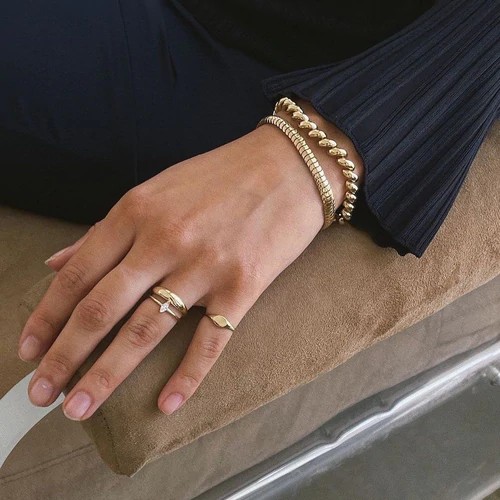
When Jennie Yoon's family home was robbed, the culprits made off with all of her family heirlooms, spurring Yoon to replace the missing pieces by making some of her own. During this time, she realized that the jewelry industry largely lacks transparency in terms of ethics and sustainability practices, so she set out to form her own brand, Kinn Studio, which makes beautiful, responsibly sourced pieces that are bound to be your next family heirlooms.
AAPI-Owned Beauty
Kulfi Beauty
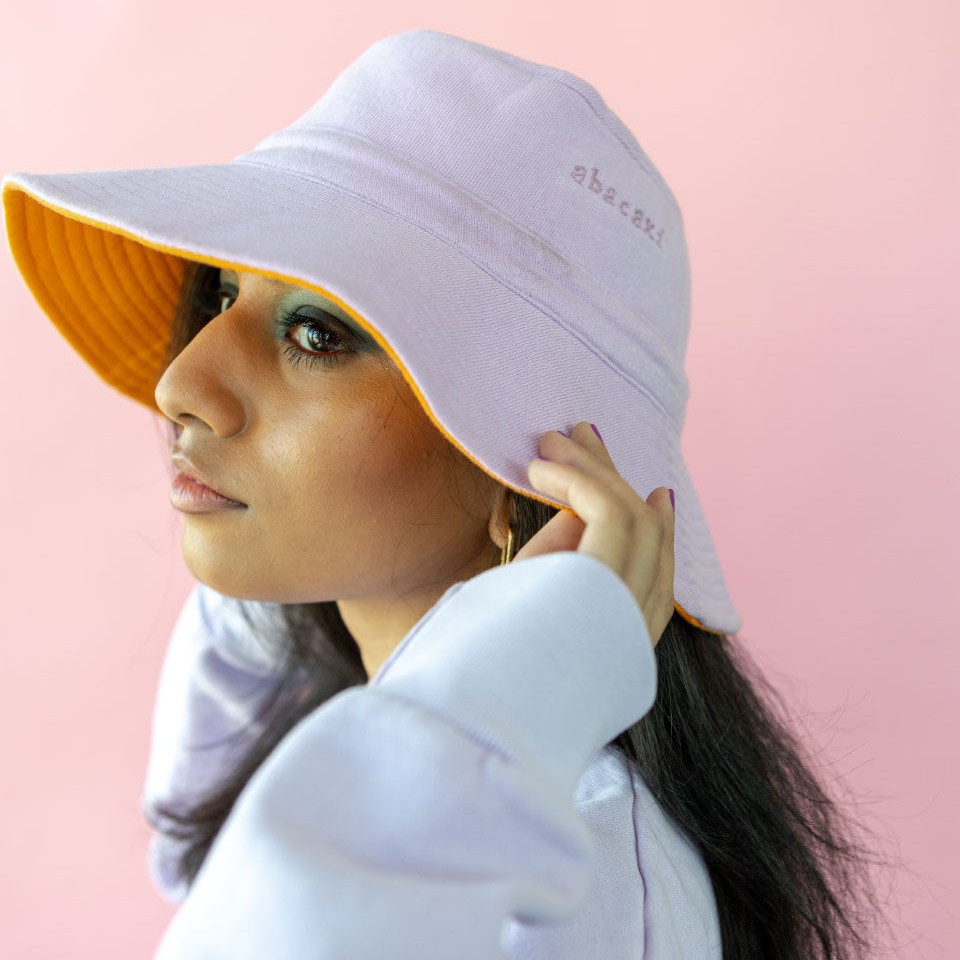
Priyanka Ganjoo spent years in the beauty industry lifting small and indie voices, but was disturbed by the extent to which the mainstream industry commodified and tokenized Southeast Asian culture. Thus, she founded the cult-favorite brand Kulfi Beauty, which describes itself as a "loud and proud South Asian voice" that carries products that cater to all people, regardless of tone, undertone, or skin concern.
Eadem
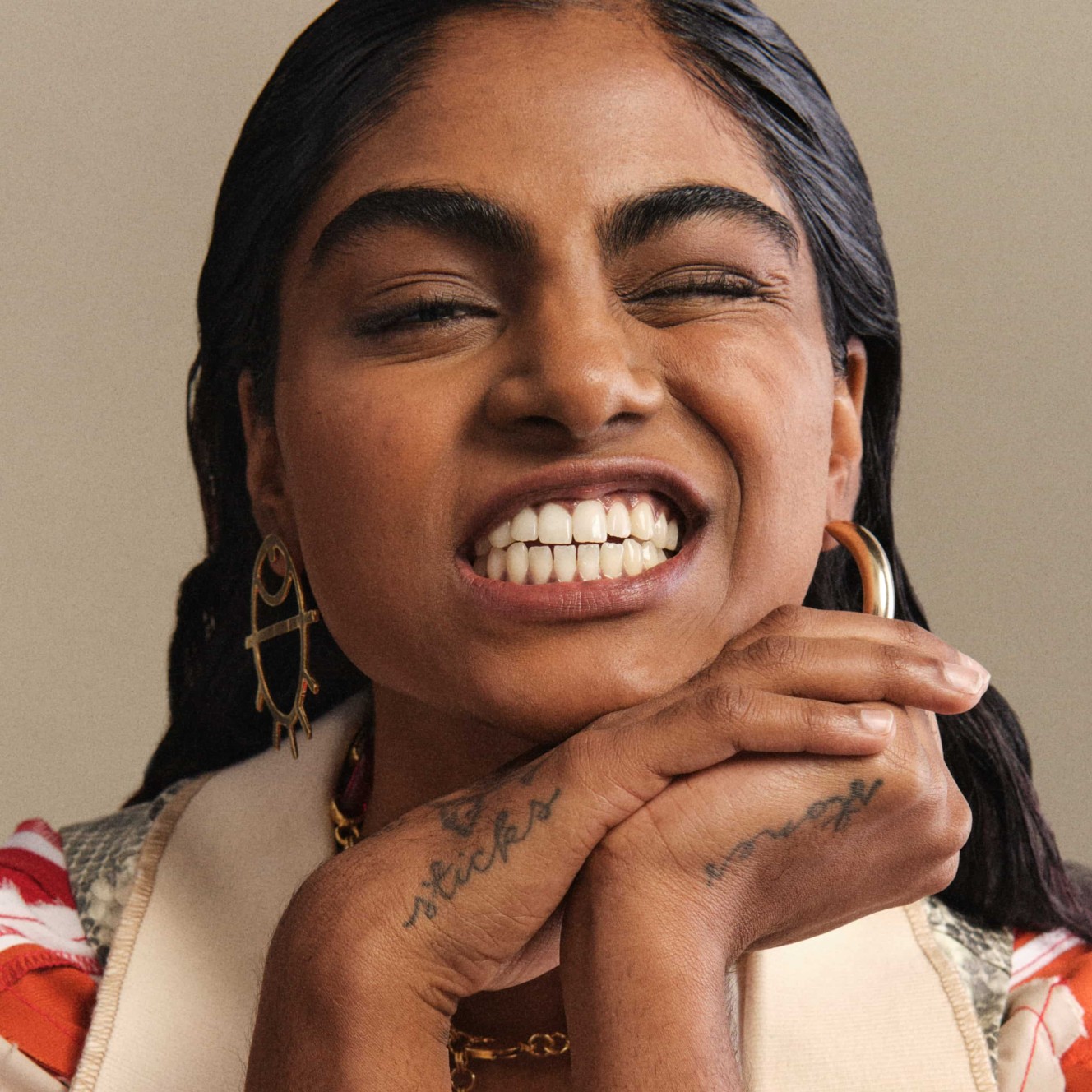
Eadem's founders, Alice Lin Glover and Marie Kouadio Amouzame, are Asian and Black women, respectively, who create products that challenge the white-dominant norms of the beauty industry by creating skincare specifically made for women of color. Their formulas are made in partnership with certified dermatologists, and their meticulous processes have won them both widespread acclaim and awards from the likes of Glossier and Sephora.
KimChi Chic Beauty
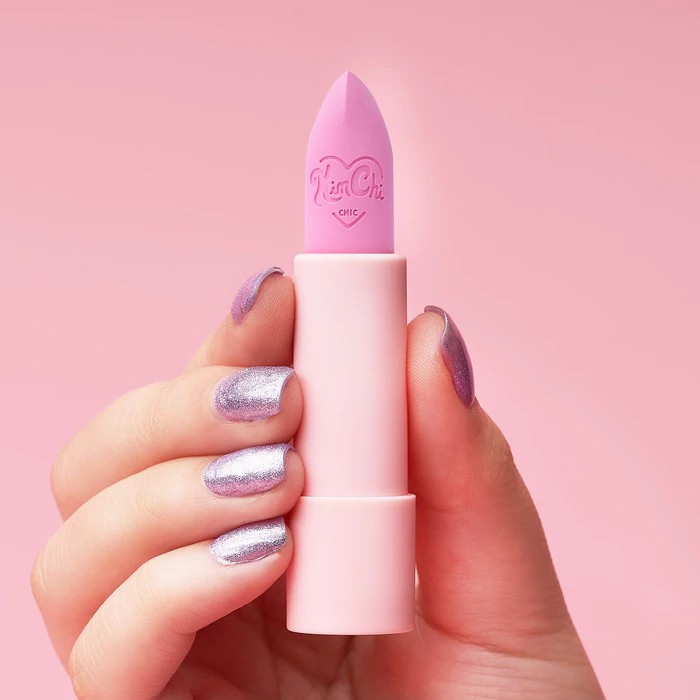
Drag queen Kim Chi founded KimChi Chic Beauty in 2019 as an ode to their favorite bright, exciting makeup. In addition to the brand's commitment to fun cosmetics and showcasing diversity in its marketing, it also donate a portion of its sales to The Trevor Project.
Cocokind
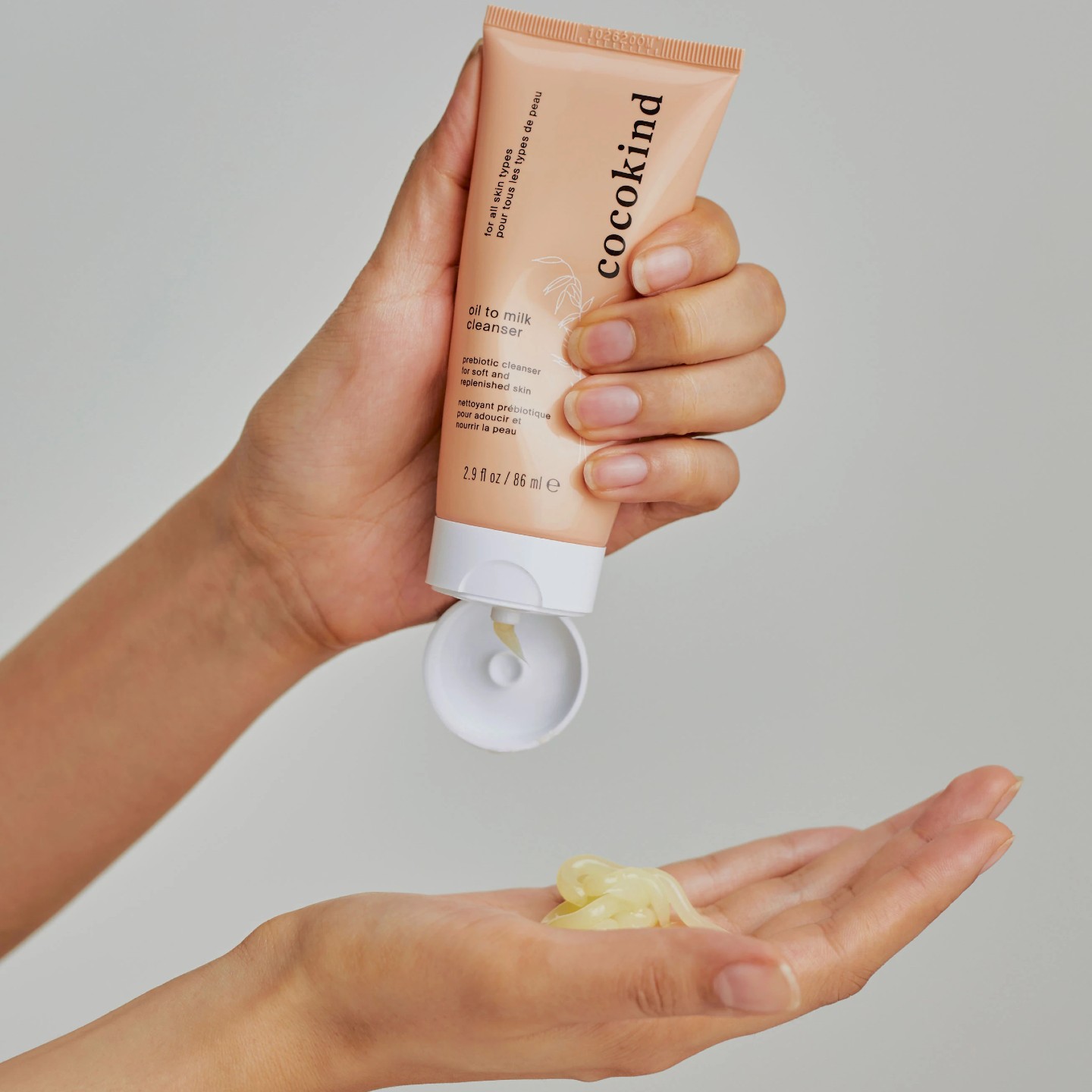
When Cocokind founder Priscilla Tsai was struggling with skin issues, she didn't like leaving the house unless she was wearing a full face of makeup, and she struggled with discomfort of stinging skin that's familiar to anyone who's tried combatting their acne with a myriad of harsh products.
As a result, Tsai founded Cocokind as a gentle yet effective alternative that changes the "cycle of aspirational beauty" that too often plagues today's beauty industry.
And if you're looking for more great AAPI-owned beauty brands, check out our full guide.
AAPI-Owned Wellness and Lifestyle
CandaScent
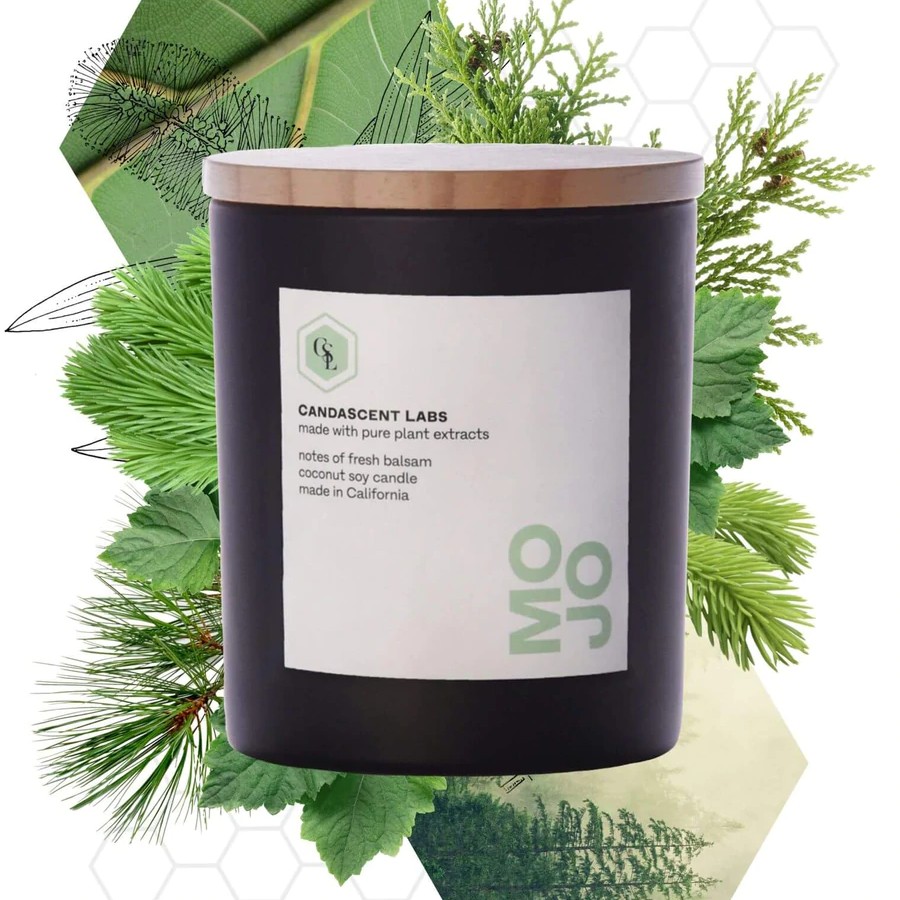
Véronique Lee founded CandaScent as a way of using sustainably made aromatherapy as a means of improving others' lives. You can shop her candles by scent or by need. The latter includes subcategories like "focus," "unwind," "protect," and "mojo."
Apothékary
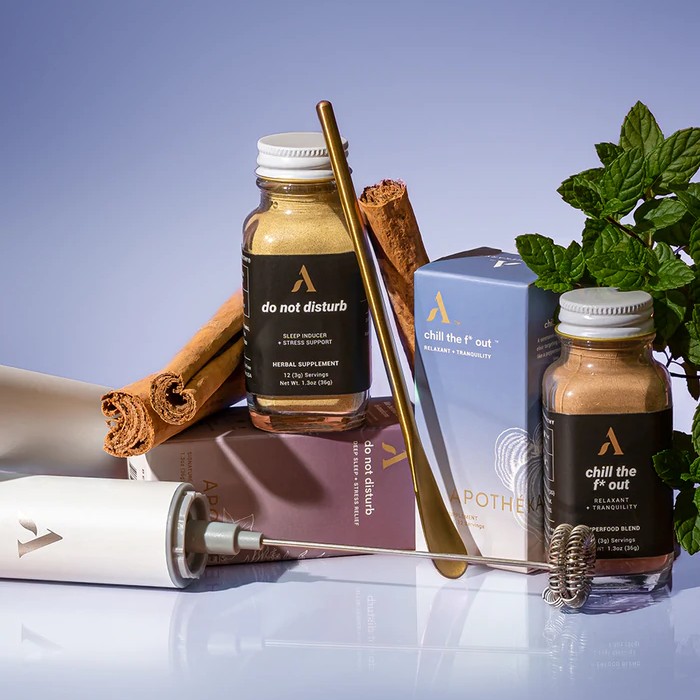
Shizu Okusa's groundbreaking brand, Apothékary, combines traditional eastern Ayurvedic beliefs with Western medicine to create natural formulas that tackle common issues like stress, insomnia, and lack of focus. They even have an alcohol-alternative powder that provides the same feelings of relaxation as a glass of wine, but without any of the health issues associated with drinking.
Maiya
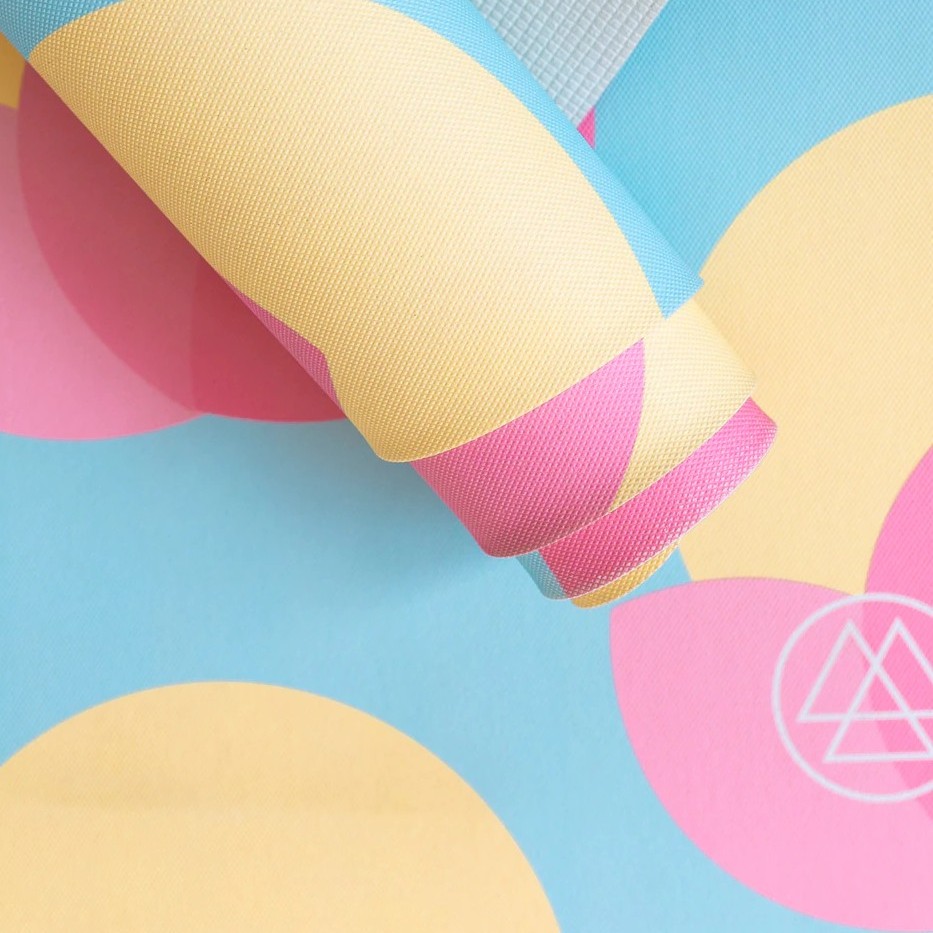
Yoga, originally a Southeast Asian practice, has been largely commandeered by white voices, so it's of great importance that we elevate Southeast Asian yoga leaders as much as possible. Maiya founder Nihaar Sinha is one of those leaders, and uses his passion for yoga to produce artistically inspired, sustainably yoga mats whose beautiful designs will instantly turn your workout into a work of art.
Venus et Fleur
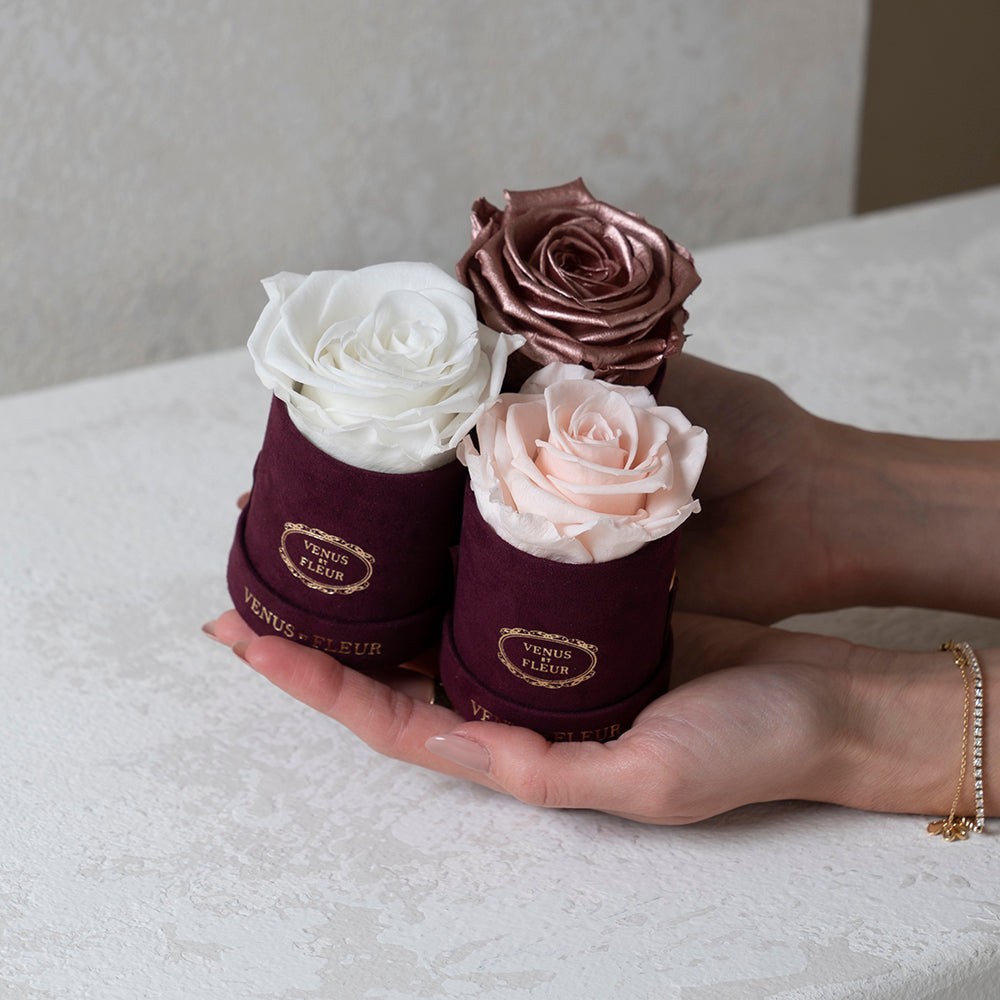
When founders Sunny and Seema Bansal first started dating, Sunny sent Seema a bouquet that both of them found underwhelming. From this now-prophetic experience, Venus et Fleur was born. The luxury gift and floral arrangement company boasts famous fans like Cardi B, Kim Kardashian, and Gigi Hadid, so you can trust that when you shop from here, you're getting the best of the best.
AAPI-Owned Food and Beverage
The Chai Box
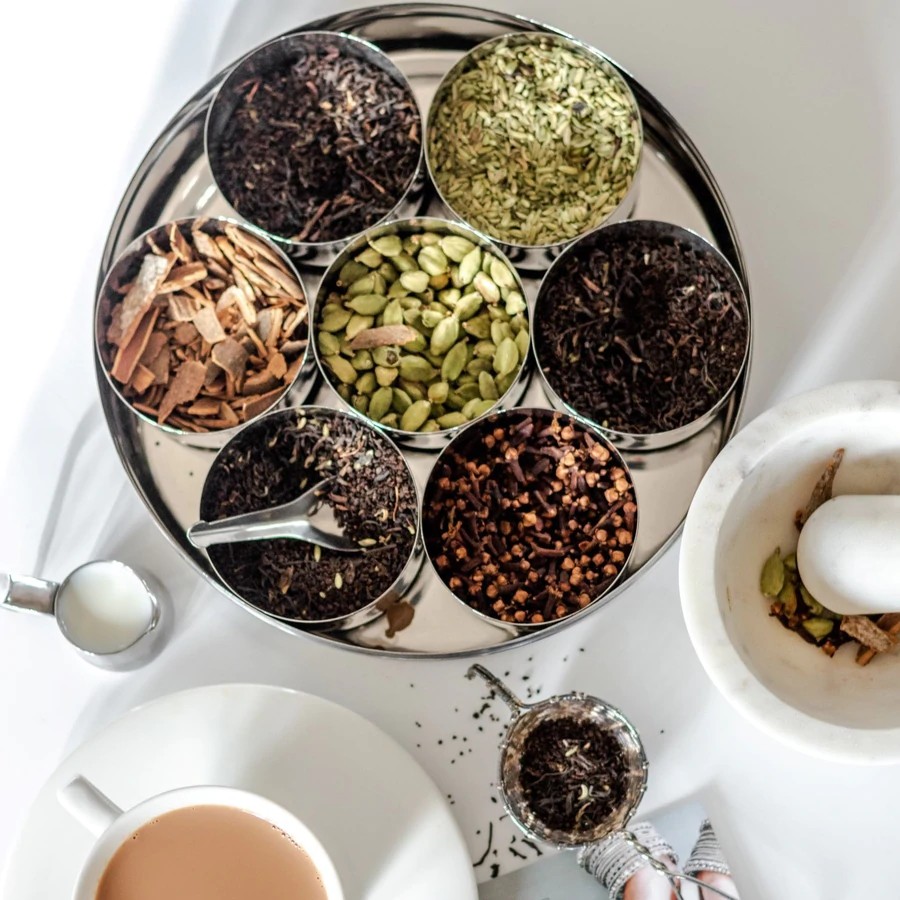
Monica Sunny grew up in an Indian household where chai tea was a staple. She started blending her own teas when she was only twelve-years-old, but it wasn't until she had her three sons that she started TheChaiBox, whose teas celebrate her heritage and honor her family's treasured recipes.
Fila Manila
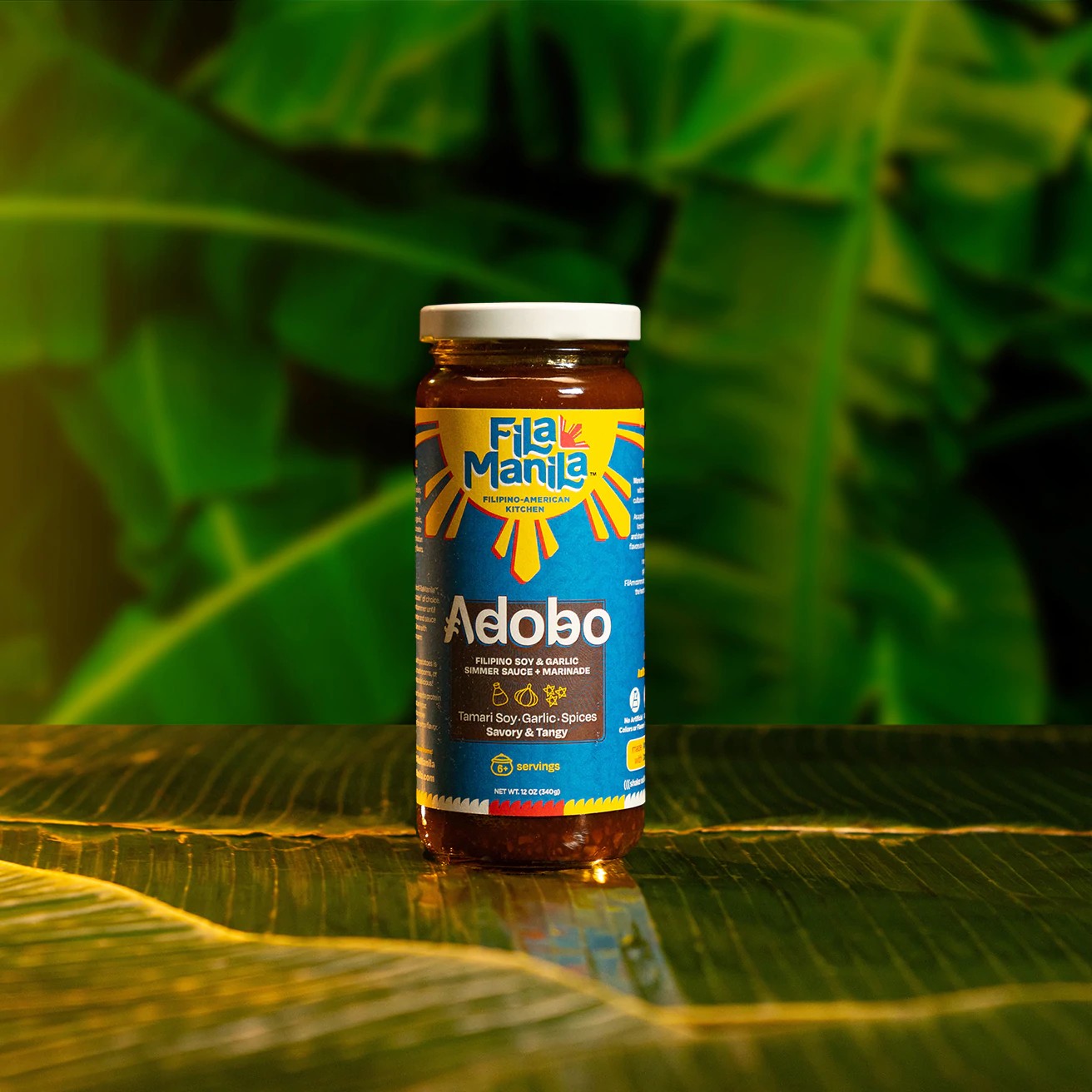
Jake Deleon is a proud Filipino-American immigrant who founded Fila Manila to celebrate and share the unique flavors of Filipino cuisine. All of his simmer sauces are based on his parents' recipes, but incorporate a modern twist. Personally, I love the adobo seasoning for everything from chicken to steak to fish.
Skrewball Whiskey
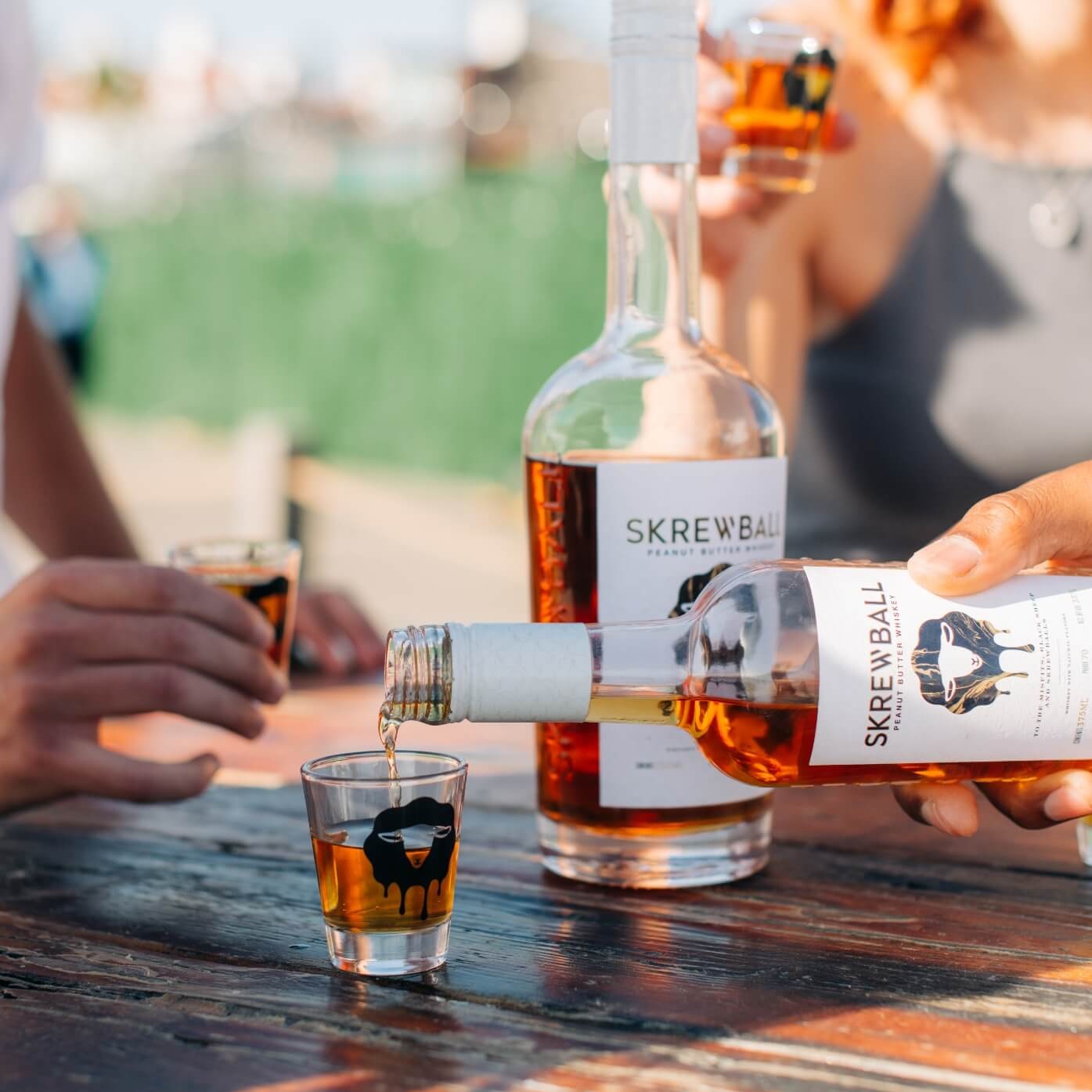
Skrewball Whiskey co-founder Steven Yeng fled Cambodia with his family during the Khmer Rouge's genocidal campaign, and spent time in a refugee camp, where Yeng contracted polio. When the Yeng family was finally able to come to the United States, their care packages were filled with jars of peanut butter―a taste that stayed with Steven throughout his life and ultimately led him to found Skrewball Whiskey, a peanut butter flavored spirit, along with Brittany Merrill-Yeng, his wife.
The brand went from being a cult favorite in Southern California to becoming a widespread phenomenon in the world of American bartending, and has partnered with worthy nonprofits such as STOKED, the USBG Bartender's Emergency Assistance Program, and Children of Restaurant Employees.
Bokksu
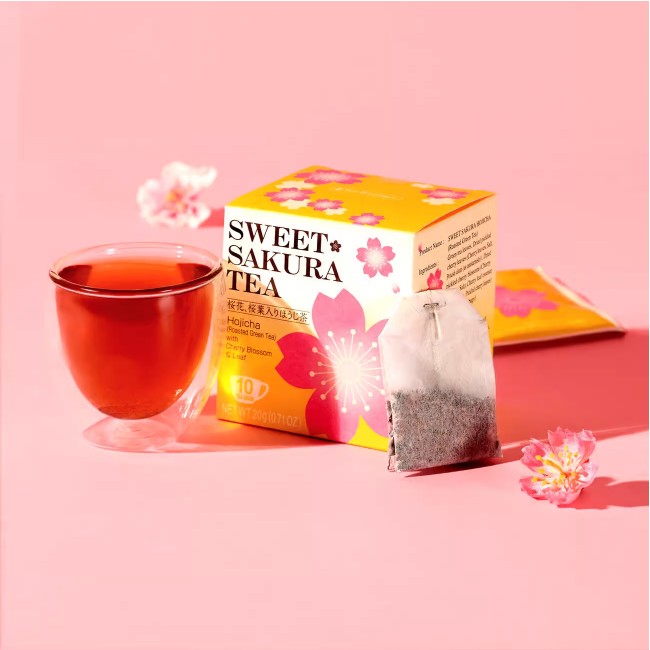
Bokksu is a snack subscription box devoted to delivering authentic Japanese snack food worldwide. Founder Danny Taing was inspired to create the brand after he lived in Japan. Once he returned home, he discovered that some of his favorite Japanese munchies were produced by family-run businesses that didn't have the means to export their products. By introducing these goods to the American market, Taing not only enhances American appreciation for Japanese culture, but he also empowers the small businesses he works with.
Sanzo Sparkling Water
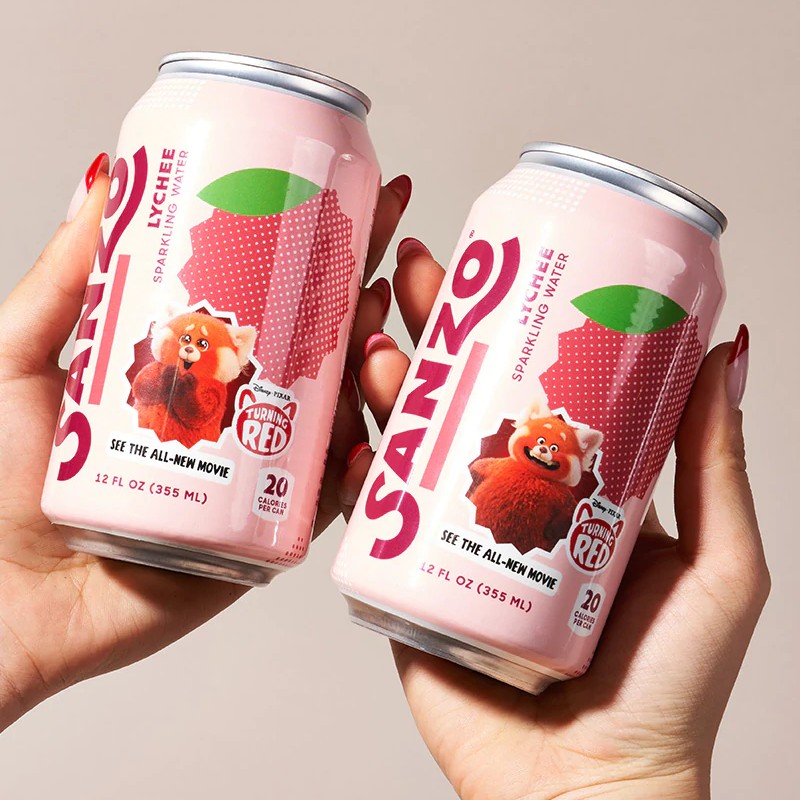
If I'm being honest, I usually hate seltzers, flavored waters, soda, and all other sweet and sticky beverages, so when I was invited to try Sanzo Sparkling Water, my hopes weren't high. Now, though, I'm positively addicted. The brand makes its sparkling water in a variety of delicious flavors like calamansi, mango, lychee, and yuzu with ginger, all of which strike the perfect balance of subtle and sweet, with no sticky aftertaste whatsoever. The brand was founded by Filipino-American Sandro Roco, who wanted to introduce authentic Asian flavors to the mainstream while also creating healthy, no-sugar options for those looking to indulge in a sweet drink.
Omsom
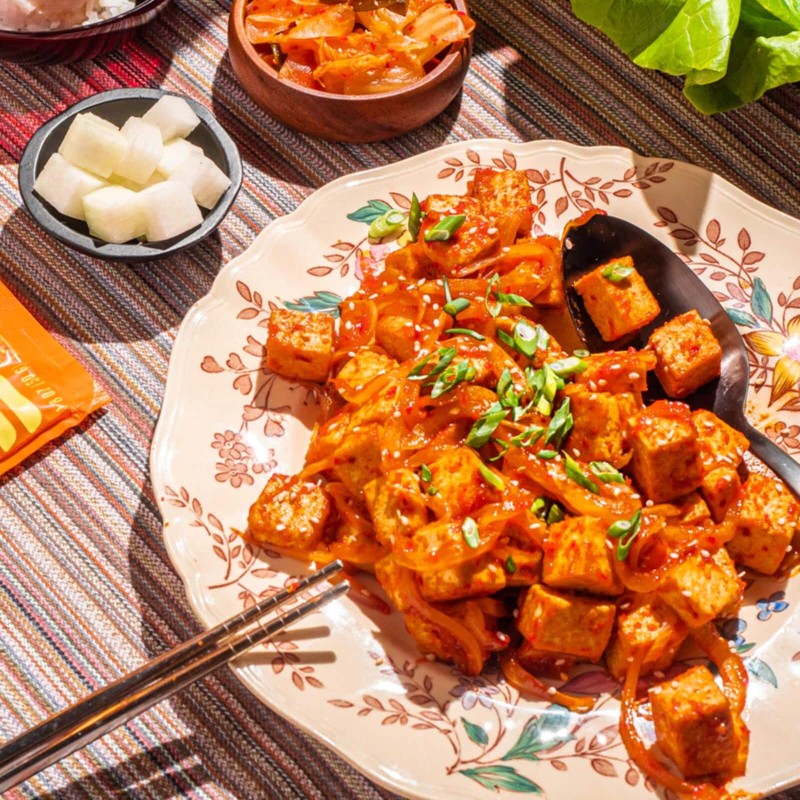
Vanessa and Kim Pham are the co-founders and sisters behind Omsom, the brand dedicated to bringing, "loud, proud Asian flavors" to everyone's pantries. Their premixed sauce and spice packs are inspired by the cuisine that they watched their Vietnamese refugee parents cook when they were growing up. The Pham sisters work together with acclaimed Asian chefs around America to come up with these authentic, flavorful, and easy-to-use recipes that will undoubtedly bring some much-needed flavor to your homecooked dinners.

Gabrielle Ulubay is a Beauty Writer at Marie Claire. She has also written about sexual wellness, politics, culture, and fashion at Marie Claire and at publications including The New York Times, HuffPost Personal, Bustle, Alma, Muskrat Magazine, O'Bheal, and elsewhere. Her personal essay in The New York Times' Modern Love column kickstarted her professional writing career in 2018, and that piece has since been printed in the 2019 revised edition of the Modern Love book. Having studied history, international relations, and film, she has made films on politics and gender equity in addition to writing about cinema for Film Ireland, University College Cork, and on her personal blog, gabrielleulubay.medium.com. Before working with Marie Claire, Gabrielle worked in local government, higher education, and sales, and has resided in four countries and counting. She has worked extensively in the e-commerce and sales spaces since 2020, and spent two years at Drizly, where she developed an expertise in finding the best, highest quality goods and experiences money can buy.
Deeply political, she believes that skincare, haircare, and sexual wellness are central tenets to one's overall health and fights for them to be taken seriously, especially for people of color. She also loves studying makeup as a means of artistic expression, drawing on her experience as an artist in her analysis of beauty trends. She's based in New York City, where she can be found watching movies or running her art business when she isn't writing. Find her on Twitter at @GabrielleUlubay or on Instagram at @gabrielle.ulubay, or follow her art at @suburban.graffiti.art
- Neha PrakashEntertainment Director
-
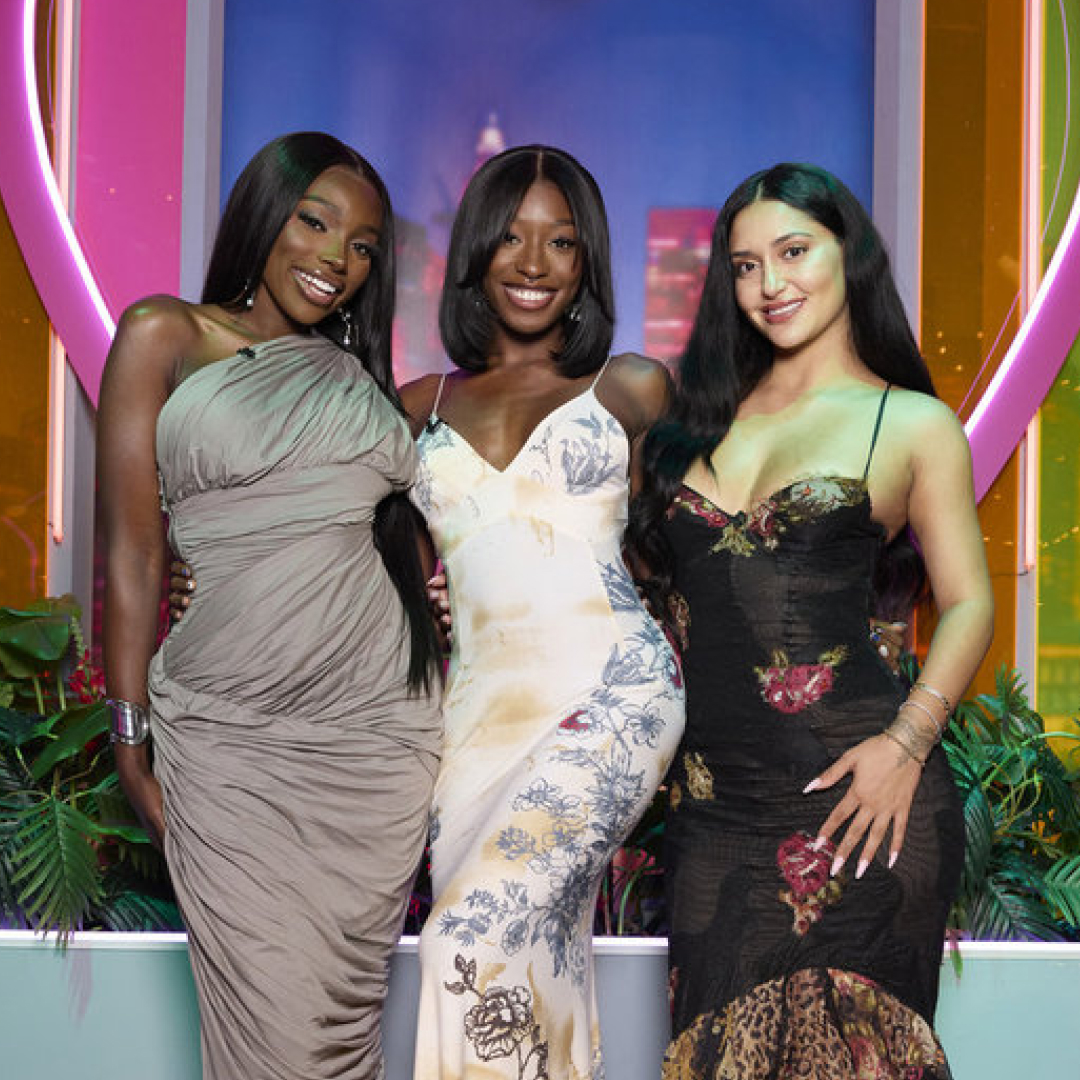 Let's Go, PPG, Fans! A New Peacock Series Starring the 'Love Island USA' Season 6 Cast Is Coming Soon
Let's Go, PPG, Fans! A New Peacock Series Starring the 'Love Island USA' Season 6 Cast Is Coming SoonWe're already clearing our summer schedules for 'Love Island: Beyond the Villa.'
By Quinci LeGardye
-
 Why Princess Diana Didn't Move to America
Why Princess Diana Didn't Move to AmericaThe late royal's friend opened up about the princess's American dream.
By Kristin Contino
-
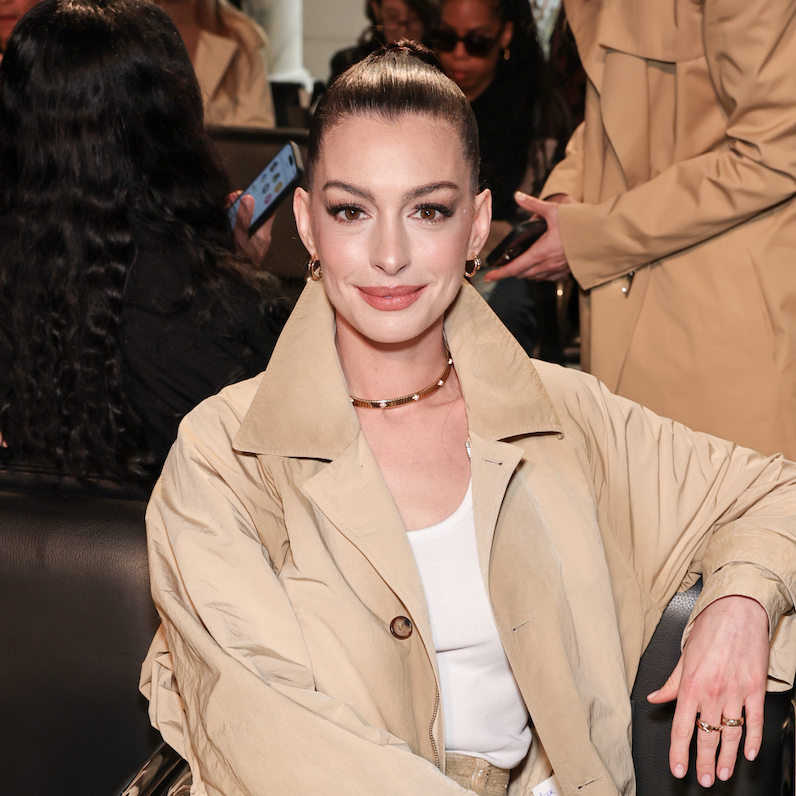 Anne Hathaway Doubles Down on Luxury's Favorite Neutral
Anne Hathaway Doubles Down on Luxury's Favorite NeutralShe painted herself in the timeless hue.
By Kelsey Stiegman
